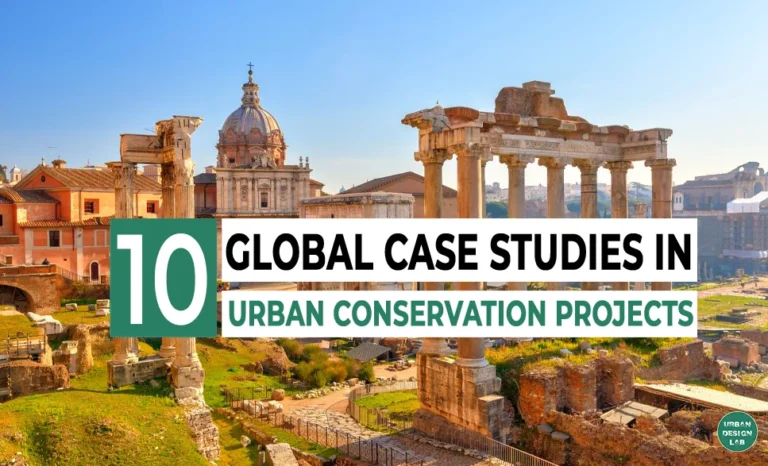
How Globalization Shapes Your Cultural Identity

In an increasingly interconnected and globalized world, defining and retaining cultural identity has become more complex as individuals navigate the interplay between traditional values and modern influences. Factors such as technological advancements, urbanization, migration, and global communication have significantly impacted how people perceive and express their cultural identities. This study explores the evolution, challenges, and impacts of cultural identity on individuals and communities within contemporary society. By analyzing various case studies, theoretical frameworks, and cultural phenomena, we aim to shed light on the processes and experiences that shape cultural identity in the modern era.
Introduction
Cultural identity refers to the values, beliefs, and traditions that tie people to a community and give them a sense of belonging and purpose. In today’s mixed countries, cultural identity is less stable and more flexible, formed by both heritage and modern society’s influences. This study delves into the intricacies of cultural identity, particularly in multicultural and technologically advanced countries, examining how it is generated, expressed, and adapted in a world where contacts are no longer limited by geographical bounds.
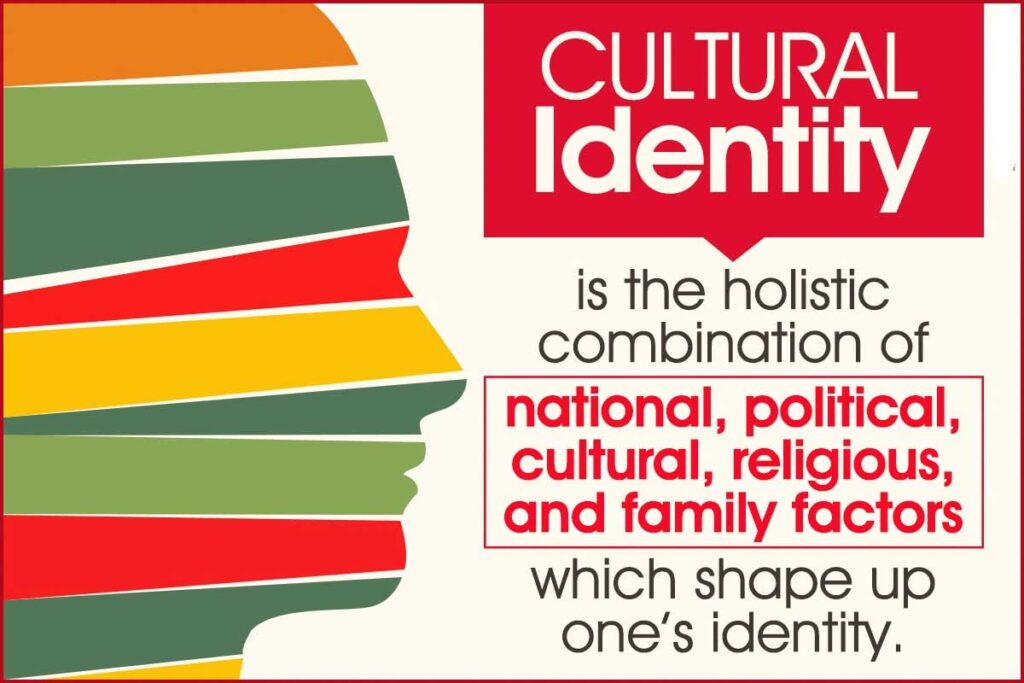
Globalization and Cultural Identity
Globalization has significantly broadened the scope of cultural interactions, exposing individuals to a myriad of influences that were once confined by geographical boundaries. Advances in technology, international travel, and global media have enabled people to experience and engage with cultures vastly different from their own. This increased exposure has facilitated what sociologists call “cultural hybridization,” where elements from diverse cultures blend to form new, composite identities. The ease of sharing information and cultural products across borders has led to a more interconnected world, where cultural exchange is a daily occurrence.
Such hybridization is especially evident in multicultural urban centers, where individuals adopt and integrate various cultural practices into their daily lives. For example, people might celebrate a range of cultural festivals like Diwali, Chinese New Year, and Halloween, enjoy a fusion of international cuisines, or communicate using multiple languages. Additionally, global fashion trends, music genres, and art forms often reflect a mix of cultural influences. While these cross-cultural experiences enrich personal identities and promote greater cultural understanding, they can also complicate one’s sense of belonging. Navigating between traditional cultural norms and new influences may lead to identity confusion or feelings of disconnection from one’s heritage, highlighting the complex impact of globalization on cultural identity.

Source: Website Link
Challenges in Navigating Cultural Identity
One of the central challenges in the journey of cultural identity is the pressure of assimilation into the dominant culture. Migrants and members of minority groups often face explicit or implicit expectations to conform to the prevailing norms of their new environment. This pressure can lead to an internal struggle between maintaining one’s cultural roots and adapting to fit in. The conflict manifests in various aspects of daily life, such as language use, where individuals might prioritize the dominant language over their mother tongue to avoid discrimination or to enhance social and economic opportunities. Similarly, choices in dress, religious practices, and social customs may be altered or suppressed to gain acceptance or to avoid prejudice and social exclusion.
This struggle is particularly prominent among second- and third-generation immigrants. Born and raised in a country different from their parents’ homeland, they may feel caught between two worlds. On one hand, they might not fully connect with their ancestral culture due to limited exposure or differing values. On the other hand, they may still face social barriers and discrimination within the mainstream culture because of their ethnic background. This can result in feelings of cultural dislocation or marginalization, where individuals do not feel fully accepted by either culture. The identity crisis can impact their sense of self and belonging, potentially leading to issues with self-esteem and mental health. Additionally, the lack of representation and understanding in society and media can exacerbate these feelings, making it challenging for individuals to navigate their cultural identities confidently.
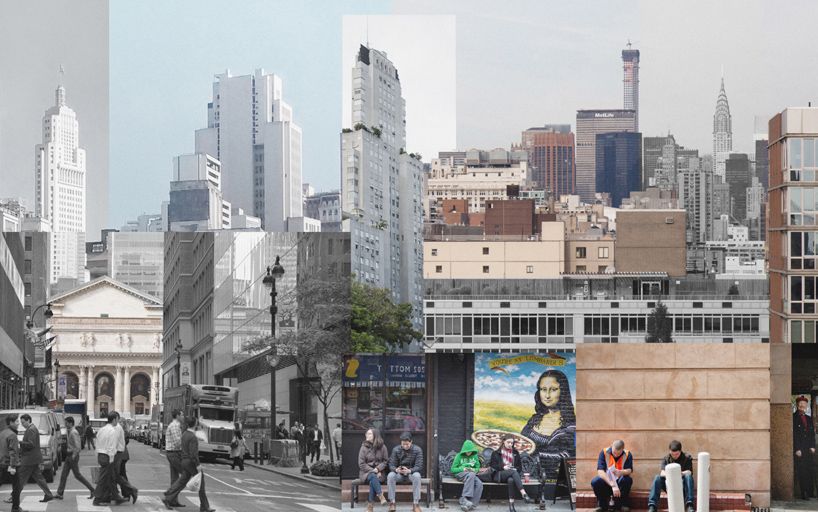
The Journey Toward a Balanced Cultural Identity
For many individuals, the journey of cultural identity in modern society involves striking a harmonious balance between honoring their heritage and embracing contemporary ideas. This equilibrium enables people to feel both rooted and adaptable, drawing strength from traditional beliefs while remaining open to new experiences and perspectives. By integrating elements of their ancestral culture with aspects of the prevailing culture, individuals can craft a multifaceted identity that reflects their personal history and current environment.
For example, someone of Indian descent residing in the United States may observe both Diwali and Thanksgiving, each with its own unique significance. They might incorporate traditional Indian customs and cuisine into their Diwali celebrations while also embracing the American tradition of Thanksgiving with family gatherings and expressions of gratitude. This blending of cultural practices results in a unique cultural identity that honors their past while actively engaging with the present. Such a balance enriches personal identity and fosters a deeper understanding of diverse cultures within multicultural societies.
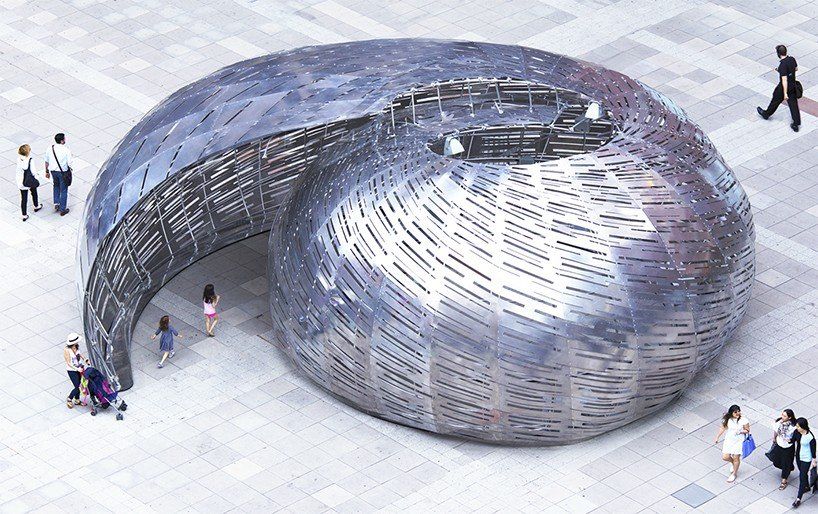
Source: author
The Role of Technology and Social Media
Technology and social media have a critical role in shaping cultural identity in contemporary culture. Social media sites such as Instagram, TikTok, and Twitter allow people to showcase, celebrate, and even reinterpret their cultural history. Users can discuss traditional customs, interact with diaspora communities, and discover new cultural expressions. However, these platforms can also result in oversimplified or clichéd depictions of culture, diminishing the richness of cultural traditions or encouraging people to “perform” their cultural identity for external affirmation. Furthermore, social media promotes the concept of “global identity,” pushing users to adopt international trends, languages, and lifestyles. While this inclusiveness is beneficial, it can blur the lines between cultural uniqueness, leaving people feeling disconnected from their original background.
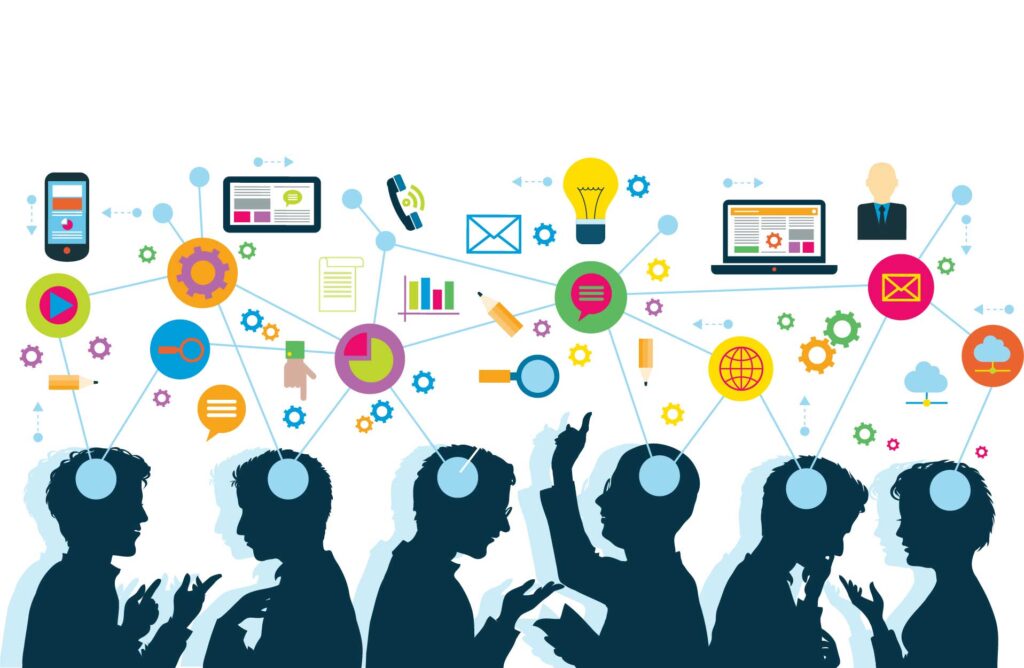
The Importance of Cultural Identity in Modern Society
Cultural identity is paramount in developing a sense of community, belonging, and self-worth. It serves as a foundational element of an individual’s self-concept, influencing how people perceive themselves and interact with the world around them. By connecting individuals to their ancestors, family, and broader community, cultural identity promotes continuity and fosters a deep-rooted sense of pride and resilience. It provides a framework through which values, beliefs, and traditions are understood and expressed, contributing significantly to mental and emotional well-being. In a world where many people experience cultural displacement or a lack of rootedness—often due to globalization, migration, or urbanization—cultural identity acts as a stabilizing force, offering a sense of security and belonging amidst constant change. It helps individuals navigate the complexities of modern life by grounding them in shared experiences and collective history. This anchoring effect is crucial for maintaining personal integrity and confidence in one’s place within society. Celebrating cultural identity also plays a vital role in increasing empathy and understanding in multicultural societies where differences are valued rather than perceived as divisive. Embracing cultural diversity enriches communities by promoting inclusivity and mutual respect. It encourages open dialogue and interaction between different cultural groups, leading to greater social cohesion and reducing prejudices and stereotypes. By acknowledging and valifying diverse cultural backgrounds, societies can harness a wider range of perspectives and ideas, fostering innovation and problem-solving.
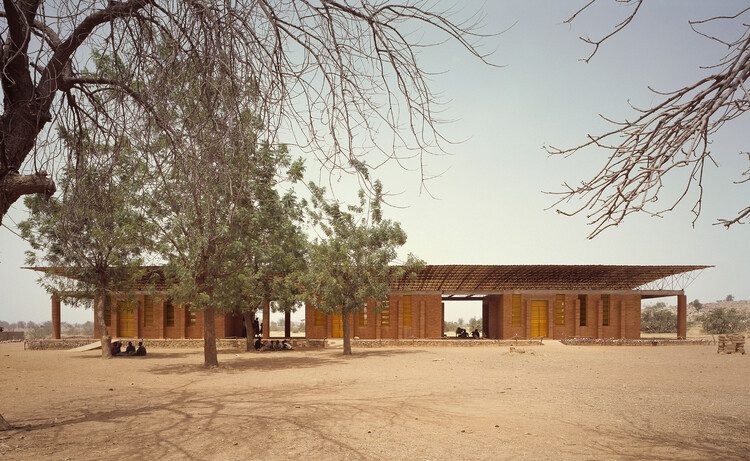
Source: author
Conclusion
In today’s society, the search for cultural identity is continual and deeply personal. Self-discovery and adaptation occur as people navigate their interactions with their heritage, the prevailing culture, and global influences. This voyage exemplifies the universal human need to belong, to express oneself authentically, and to achieve peace in an ever-changing environment. Individuals and communities can establish resilient and adaptable identities by embracing both tradition and modernity, so contributing to a community that encourages variety and promotes cultural expression.
References
- https://www.archdaily.com/tag/cultural-identity
- https://www.shutterstock.com/search/cultural-identity

Mostafa Dagher
About the author
Mostafa is an architecture student with a deep passion for design, art, and research. With a keen interest in exploring the intersection of traditional and contemporary architectural styles, he is driven by a curiosity to understand how space, form, and culture shape human experiences.
Related articles

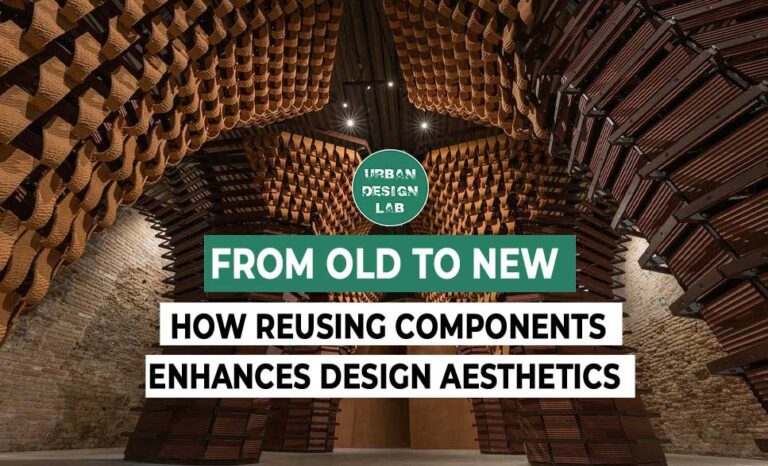
From Old to New: How Reusing Components Enhances Design Aesthetics
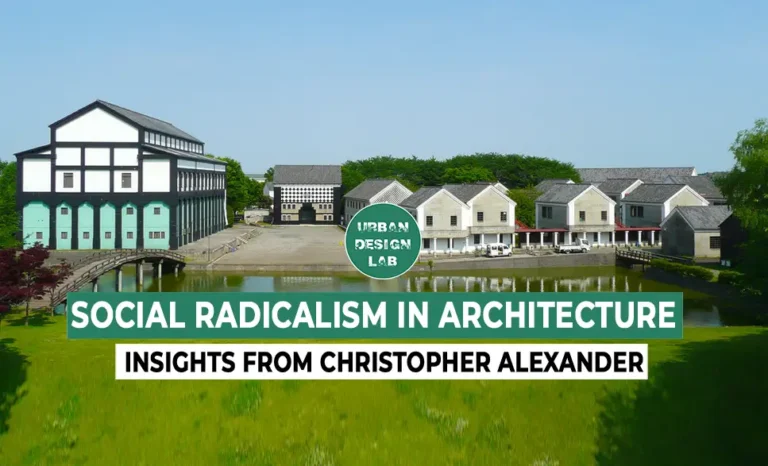
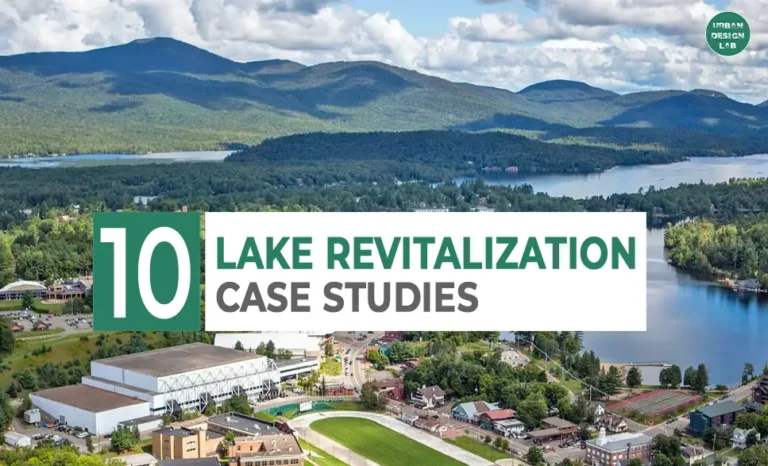
Top 10 Lake Revitalization Case Studies
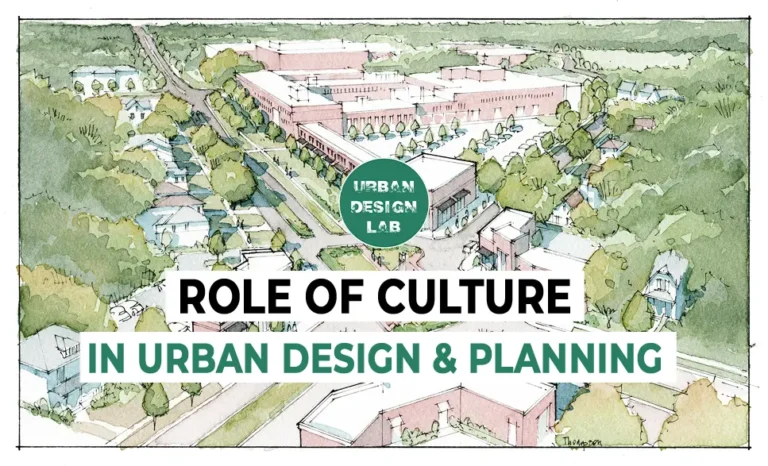
The Role of Culture in Urban Design and Planning
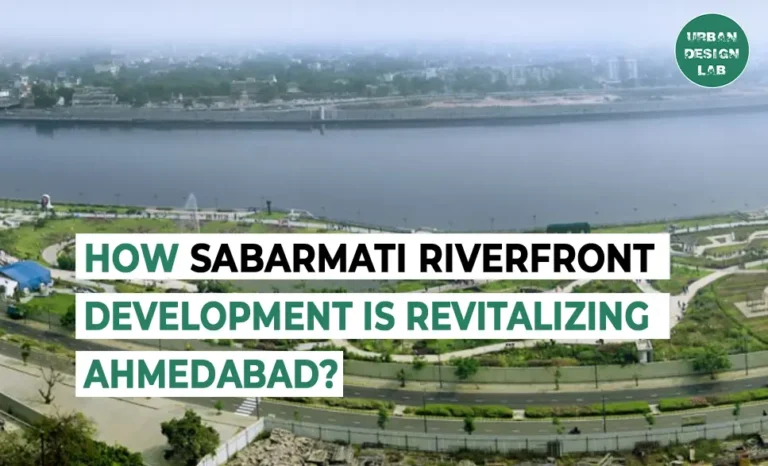
How Sabarmati Riverfront Development is Revitalizing Ahmedabad
5-Days UDL GIS
Masterclass
GIS Made Easy – Learn to Map, Analyse, and Transform Urban Futures
Session Dates
14th-18th July 2025
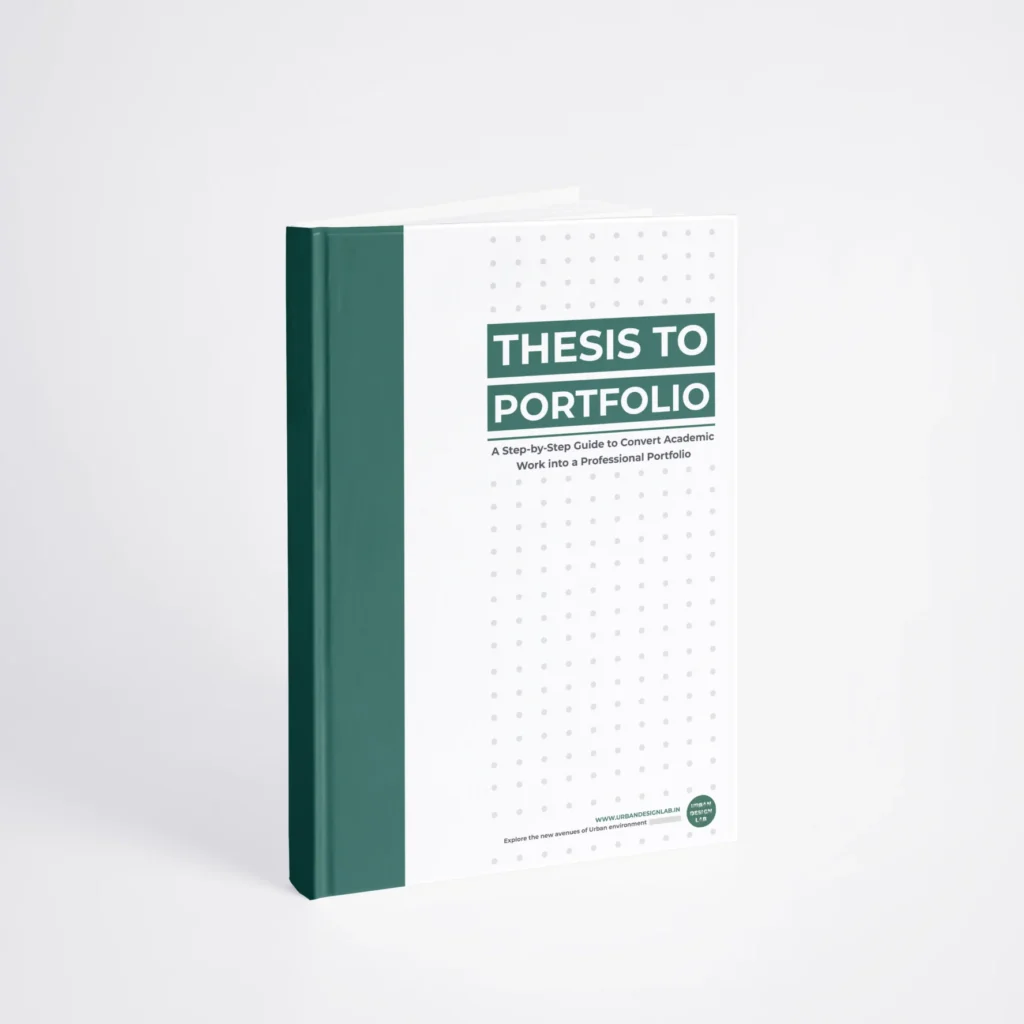
Free E-Book
From thesis to Portfolio
A Guide to Convert Academic Work into a Professional Portfolio”
Recent Posts
- Article Posted:
- Article Posted:
- Article Posted:
- Article Posted:
- Article Posted:
- Article Posted:
- Article Posted:
- Article Posted:
- Article Posted:
- Article Posted:
- Article Posted:
- Article Posted:
- Article Posted:
- Article Posted:
- Article Posted:
- Article Posted:
Sign up for our Newsletter
“Let’s explore the new avenues of Urban environment together “

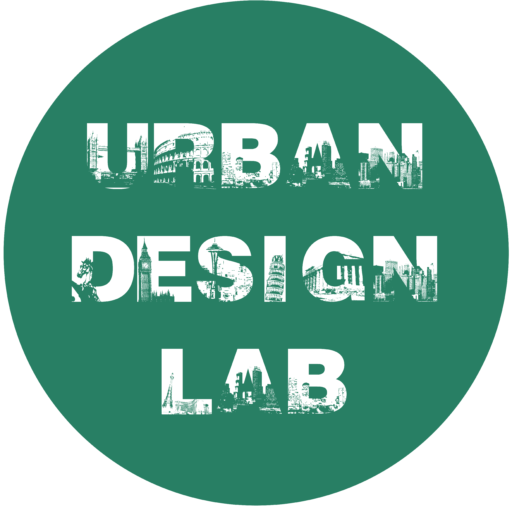
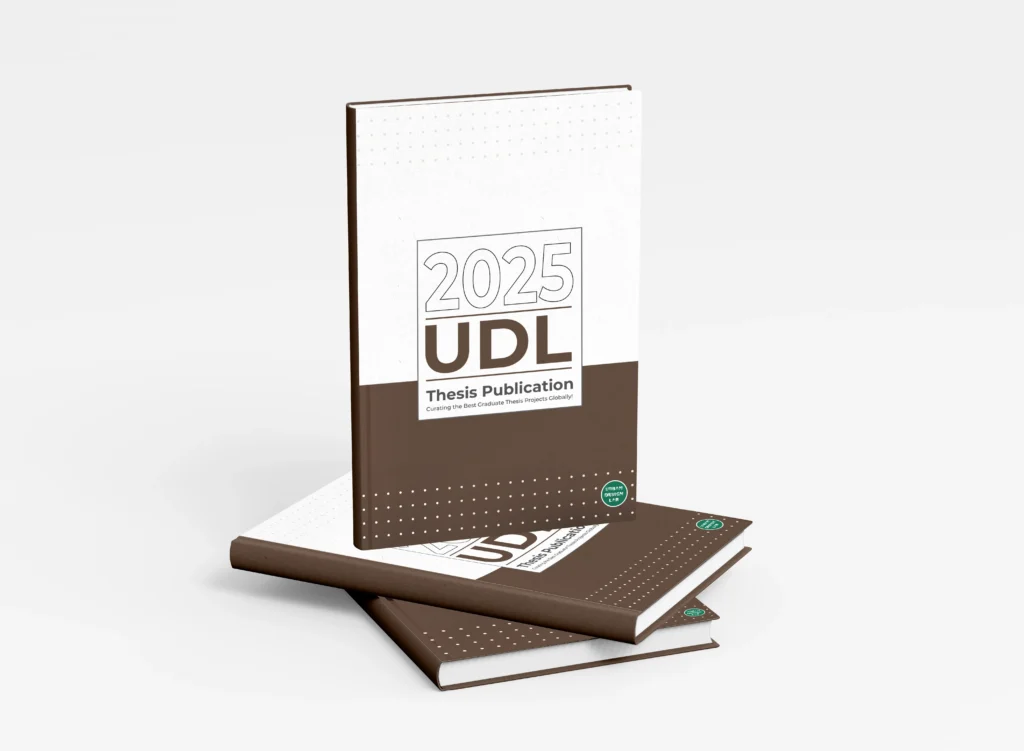

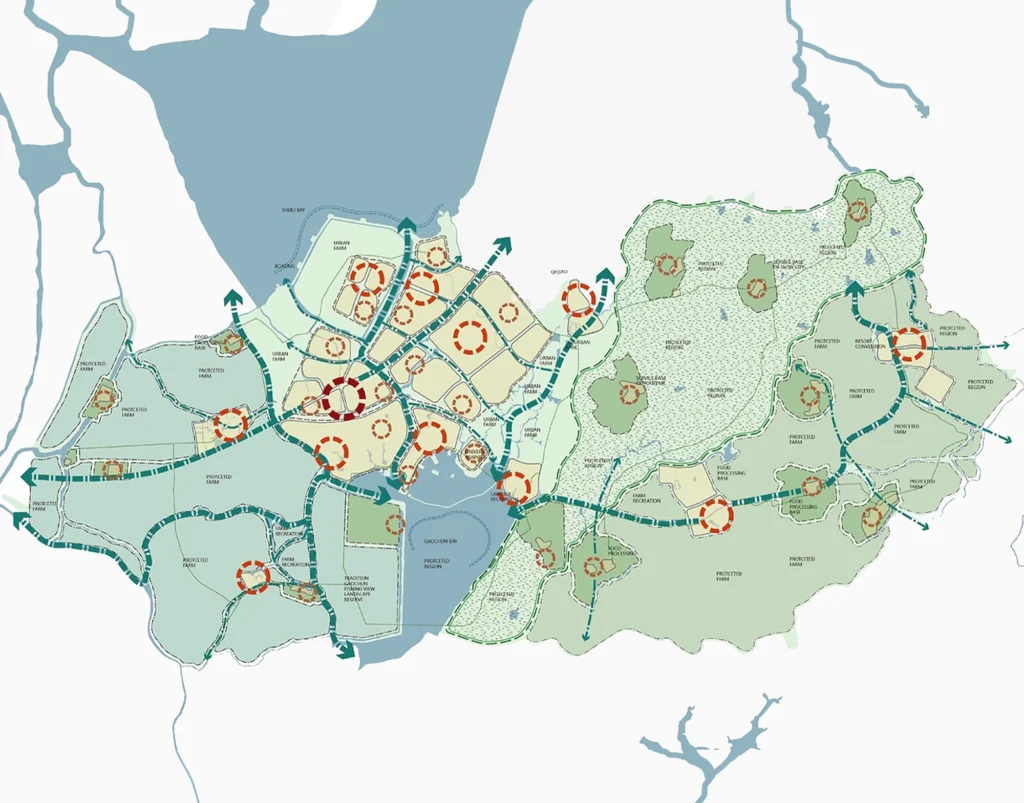
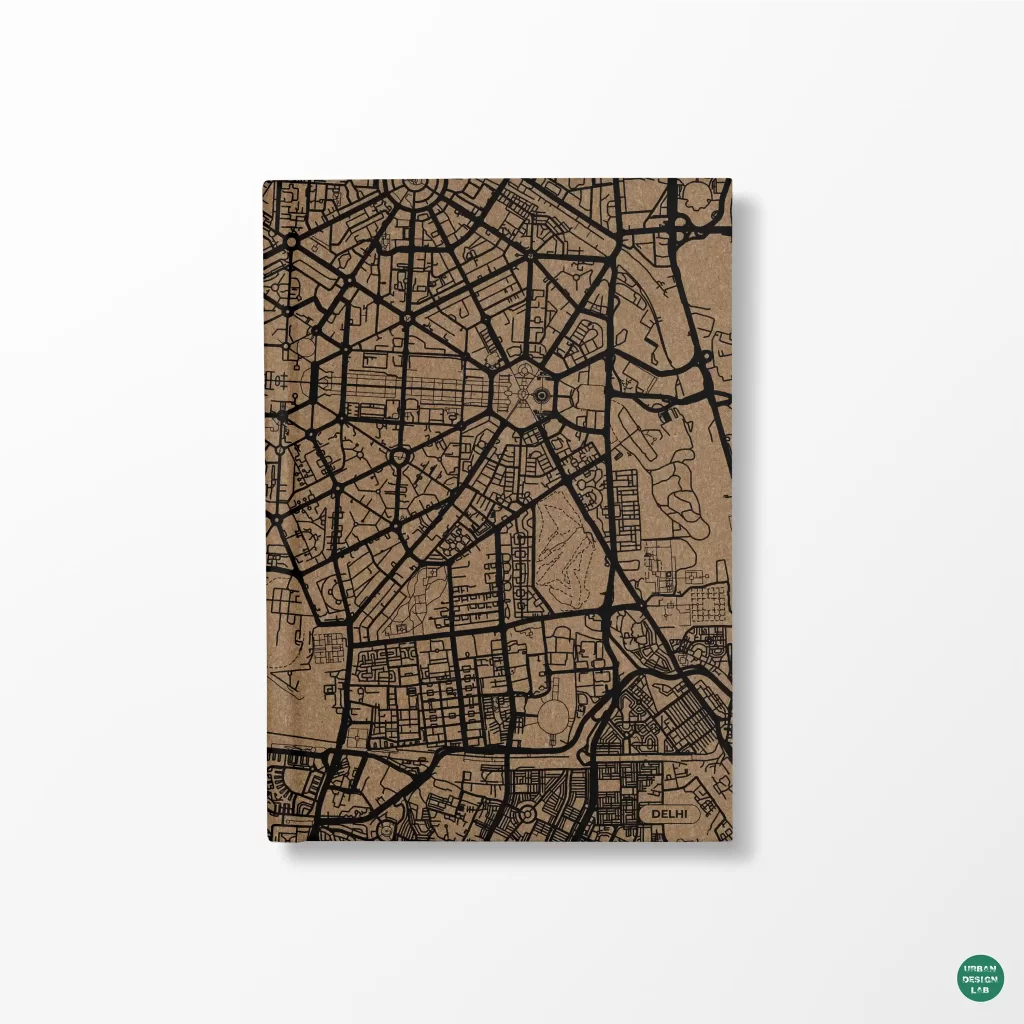
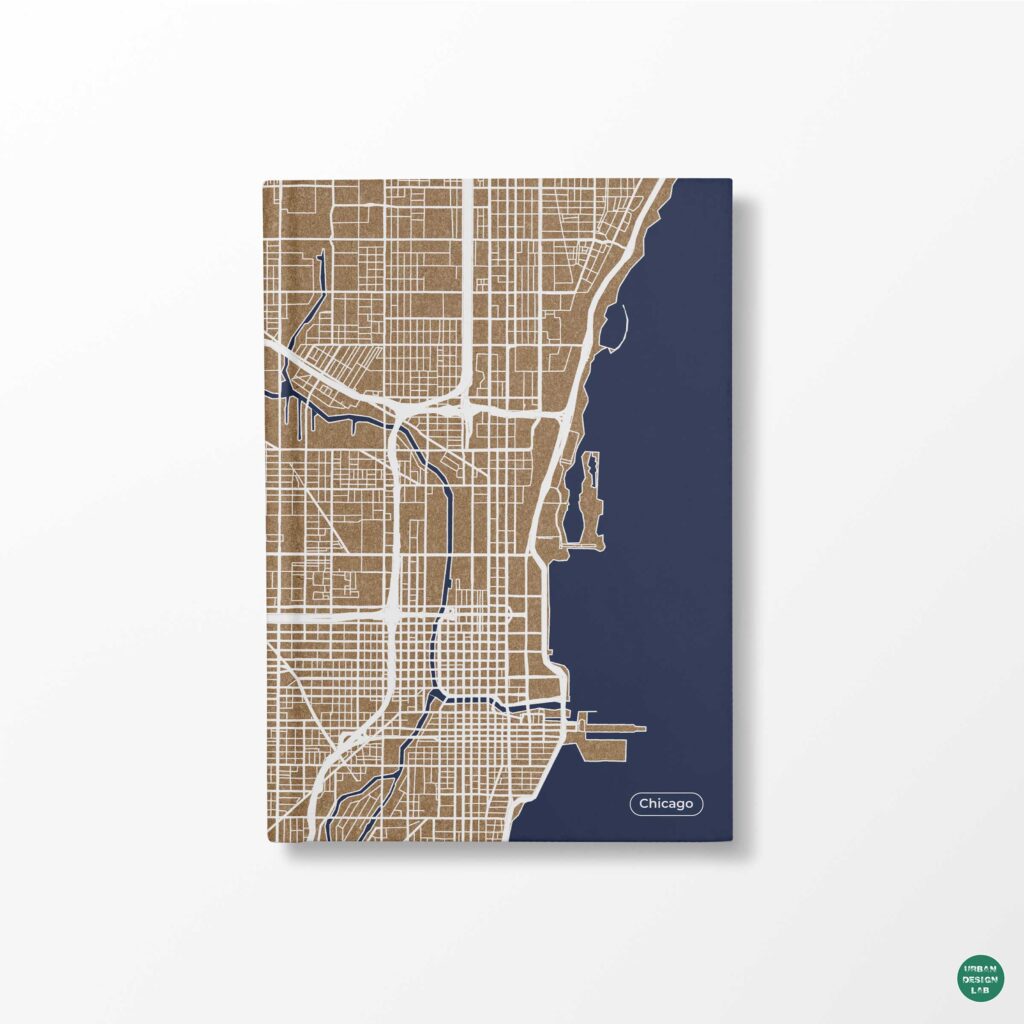
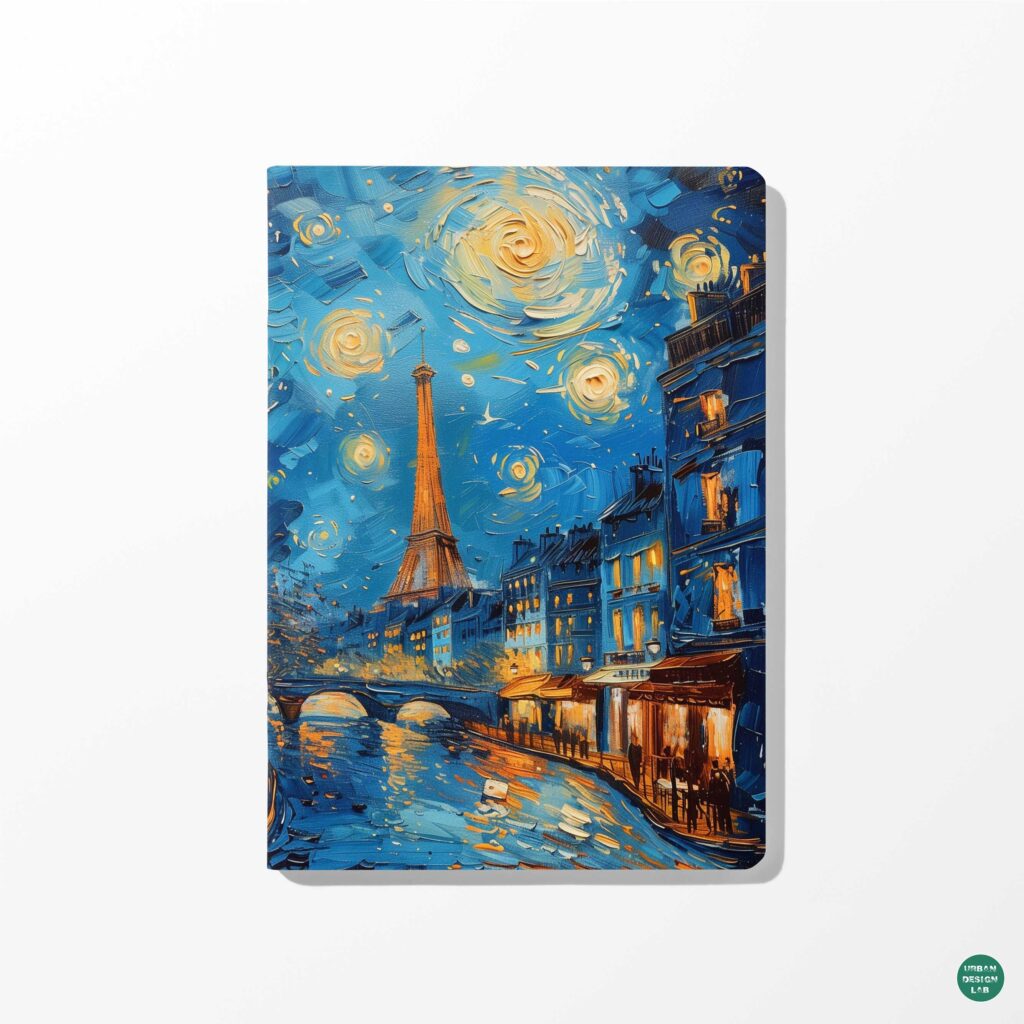
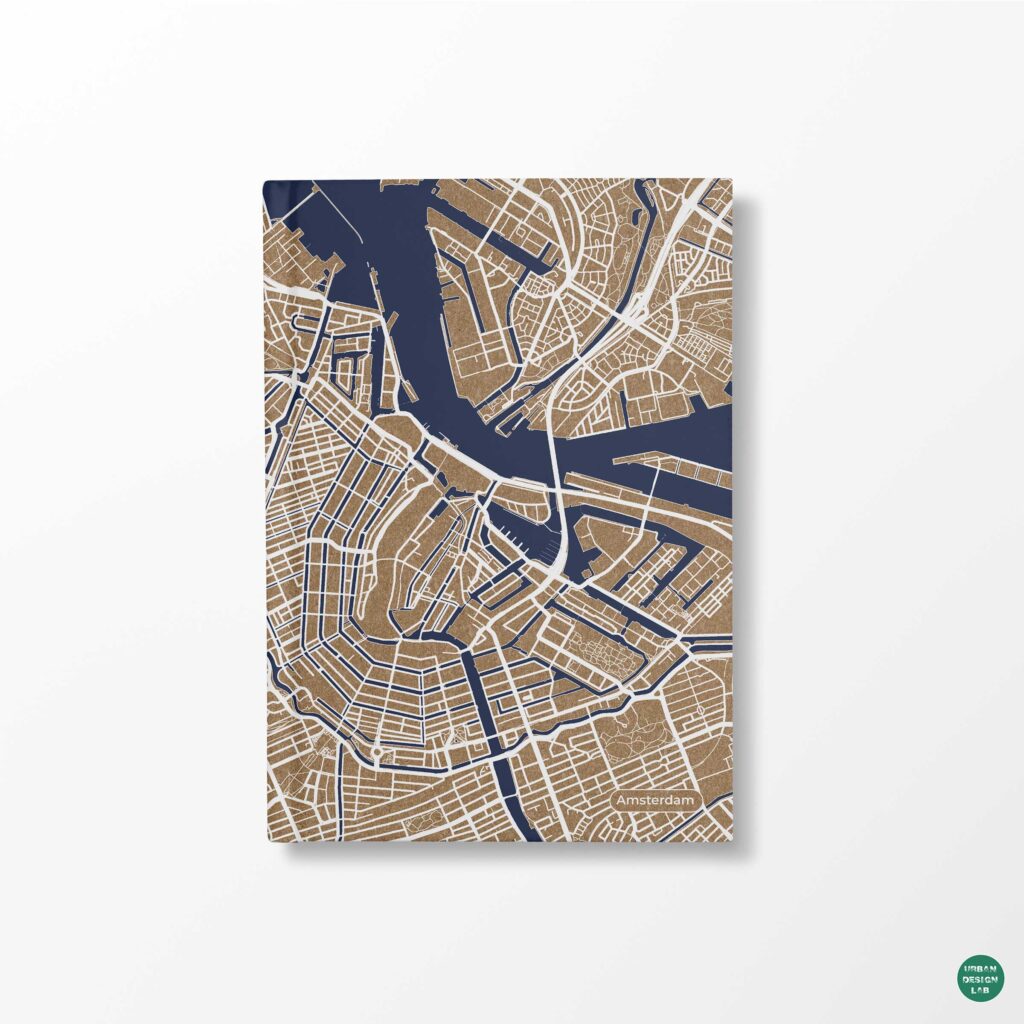
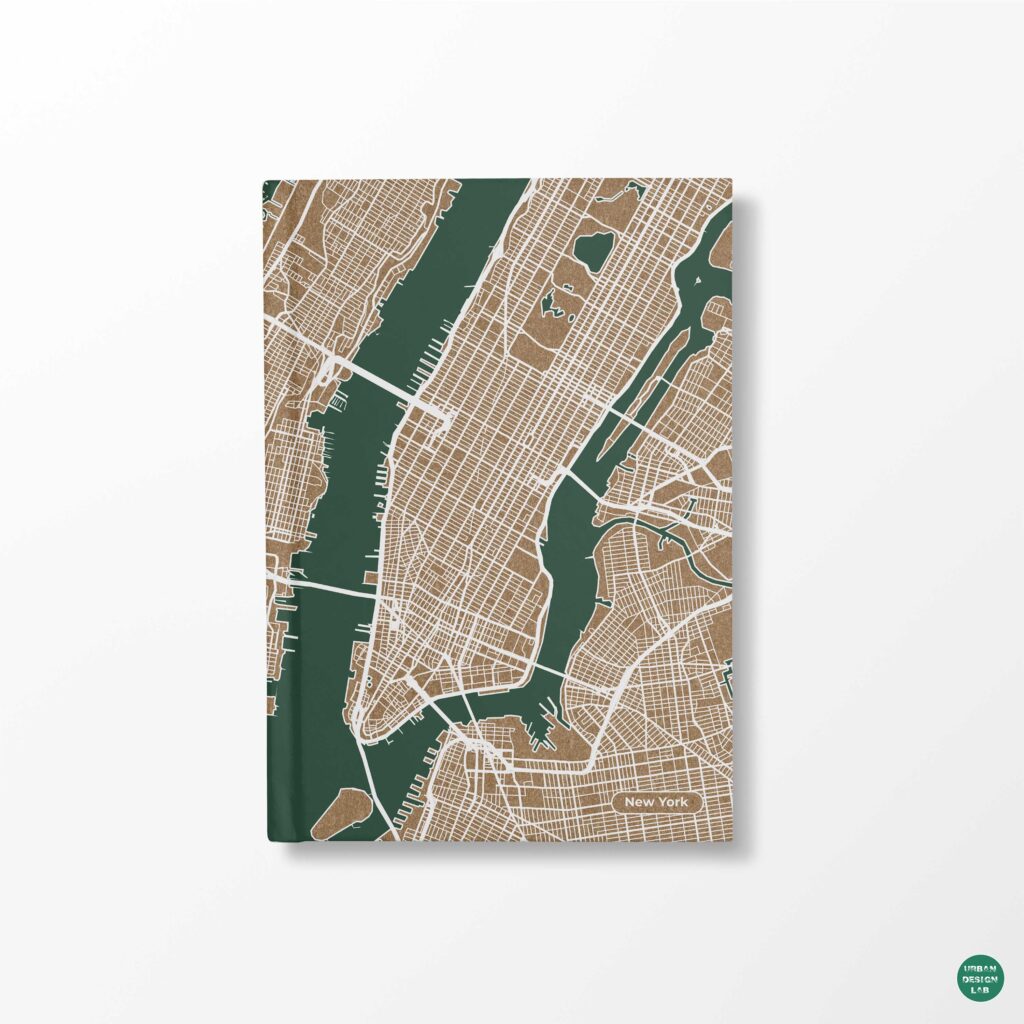
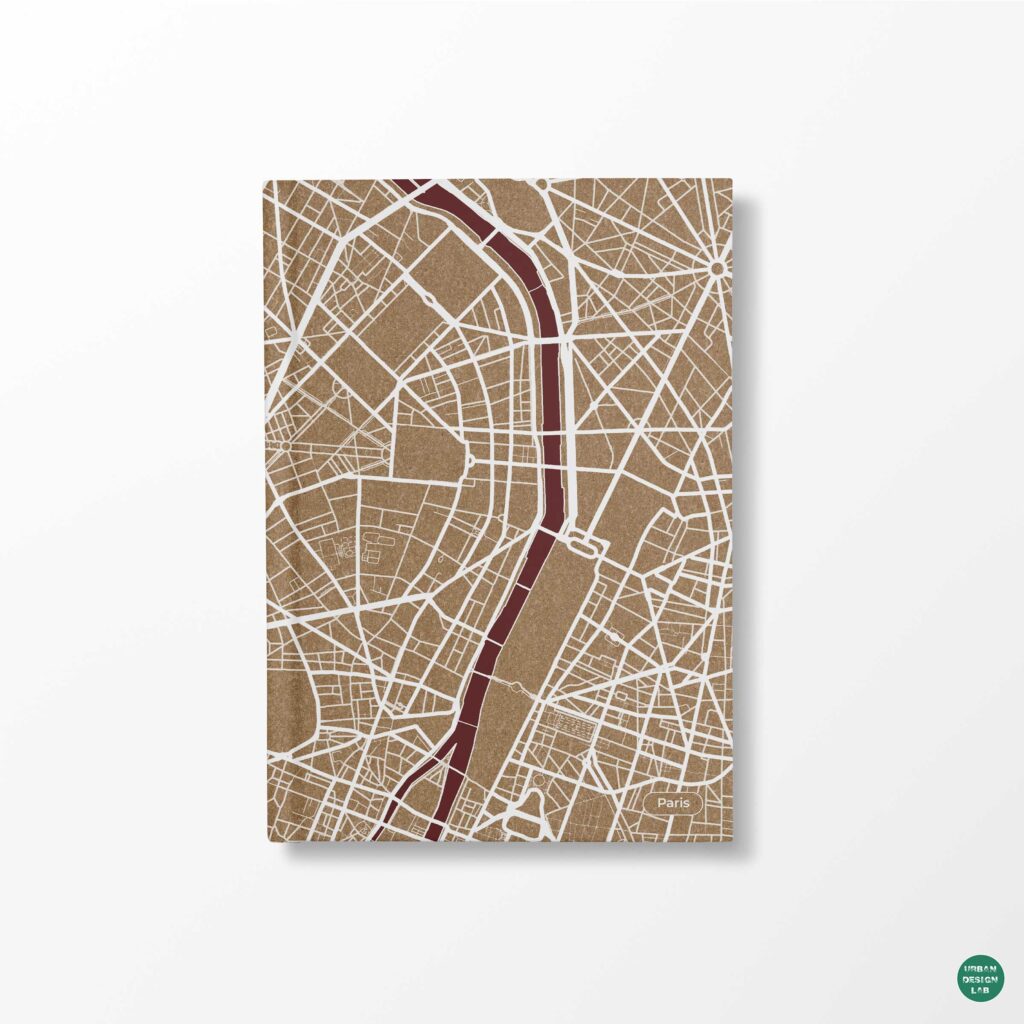
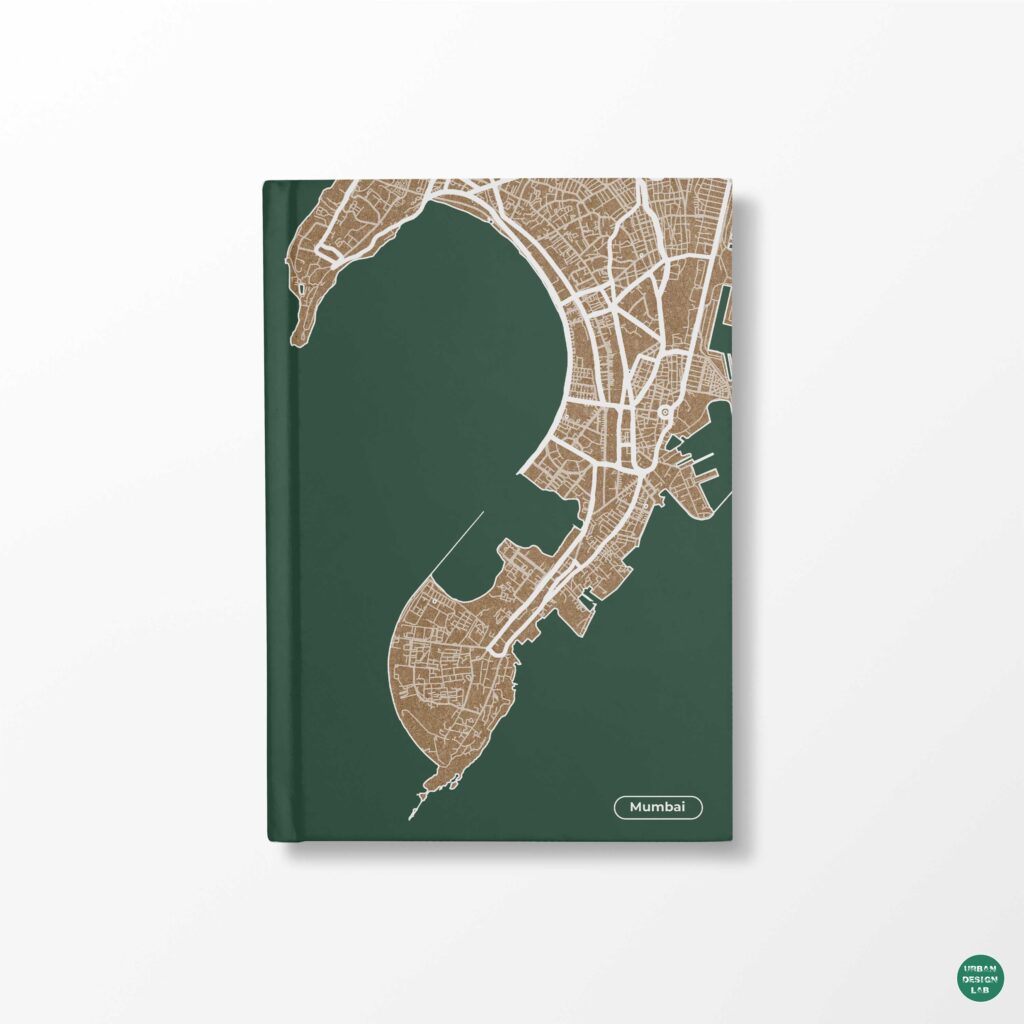
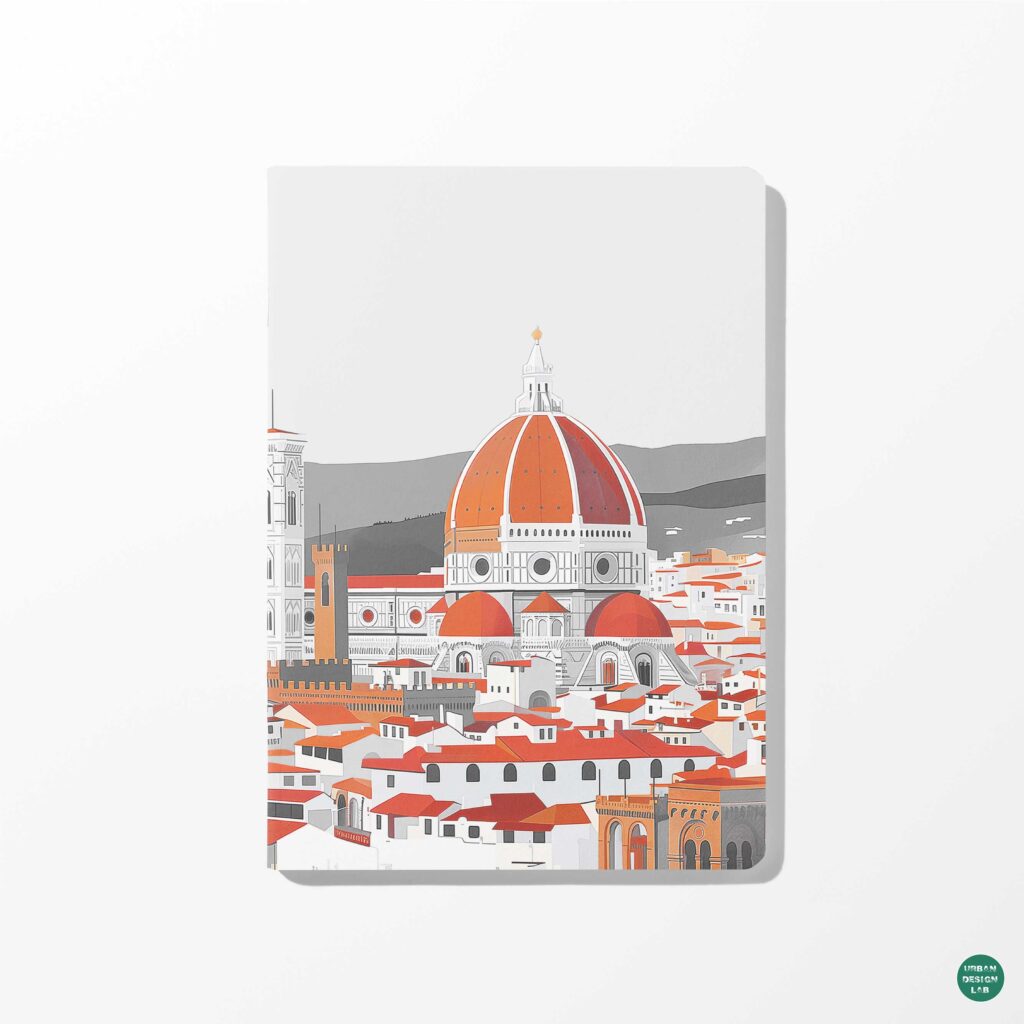

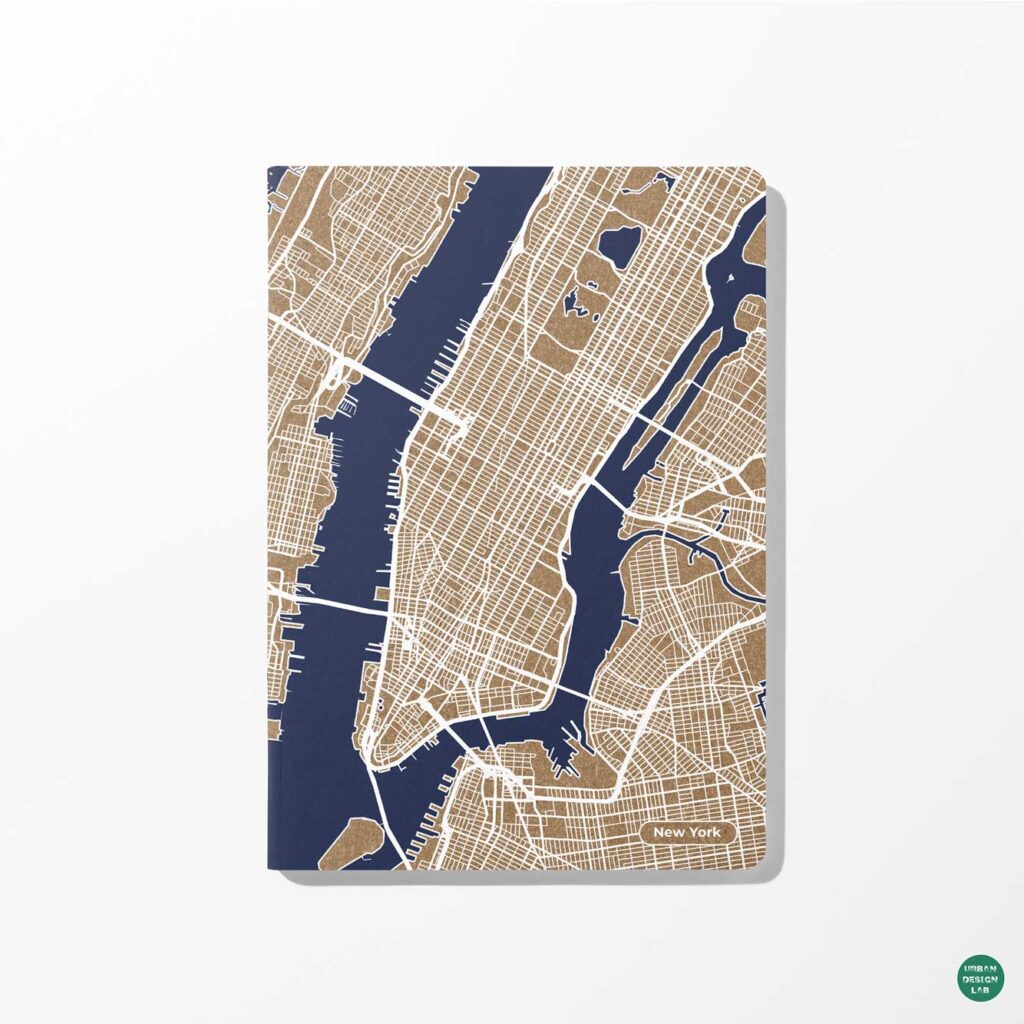
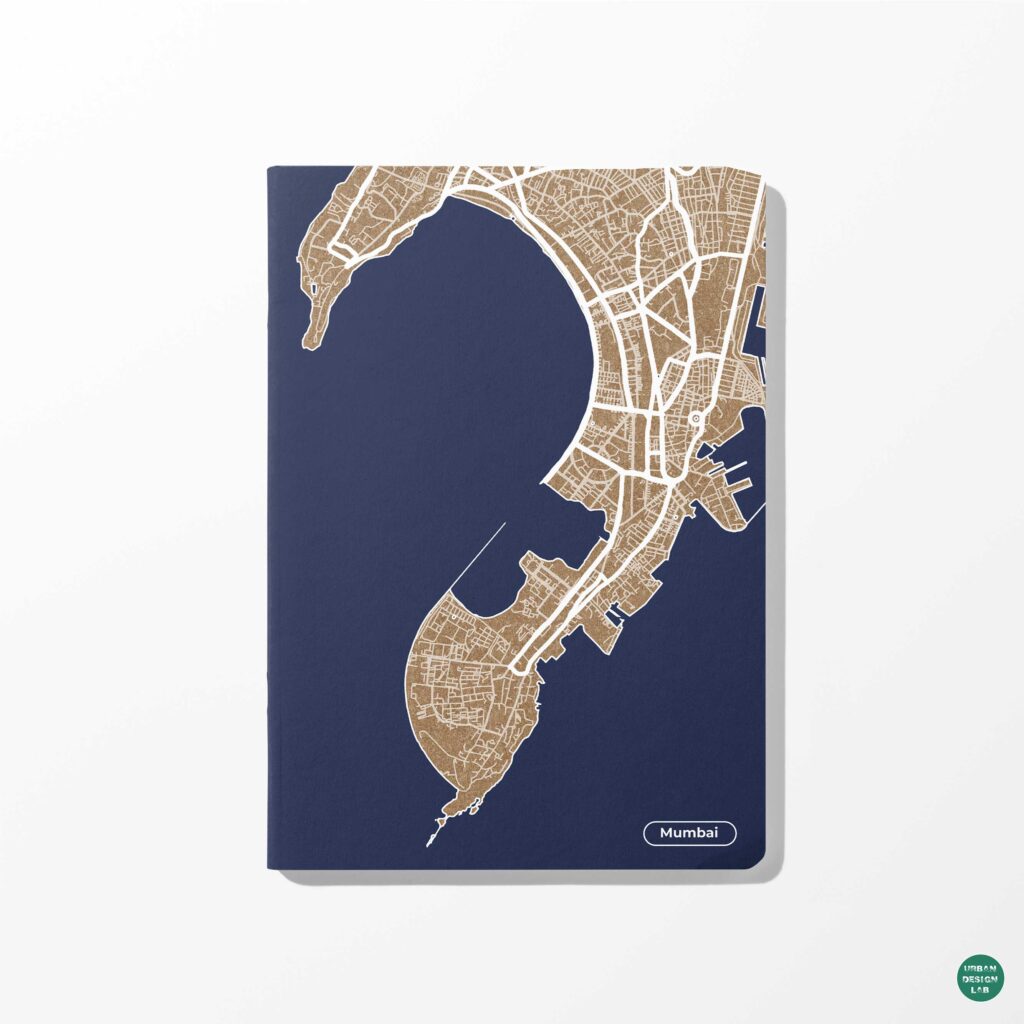
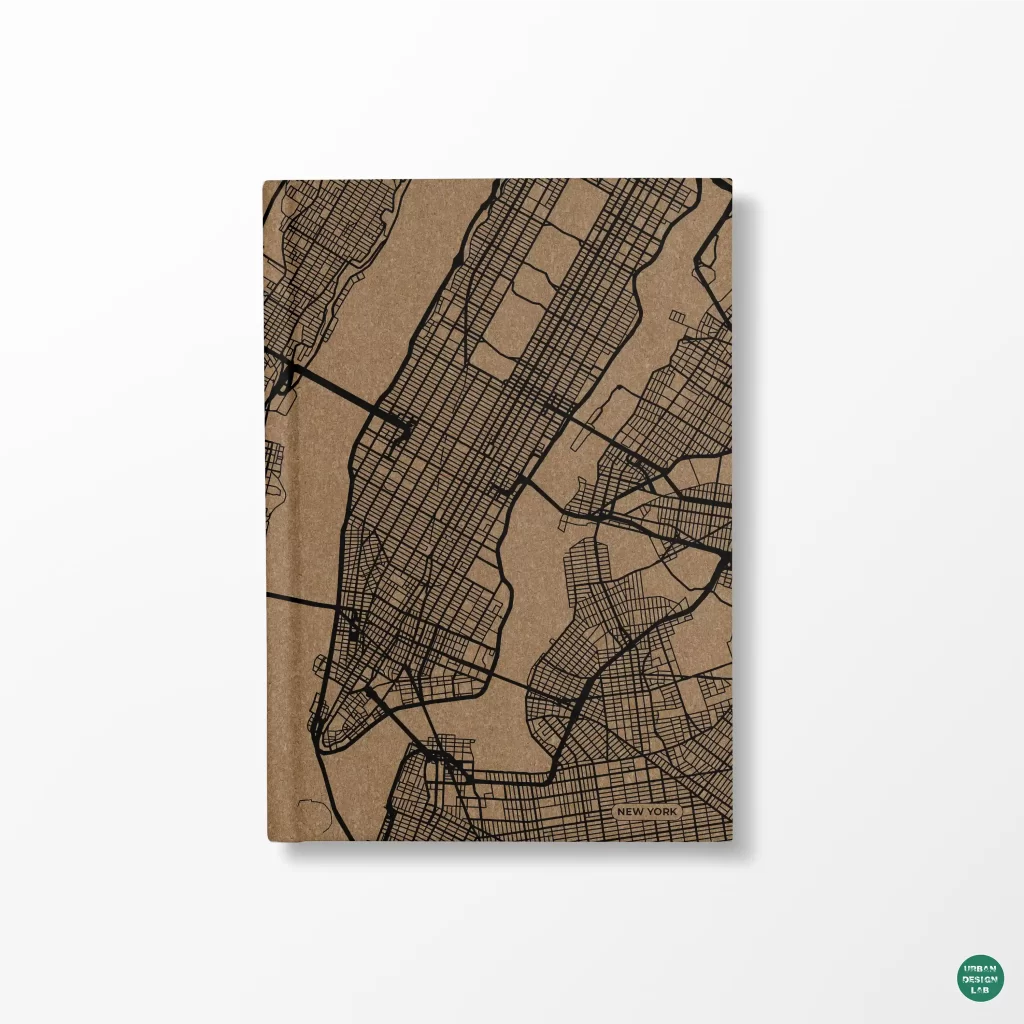
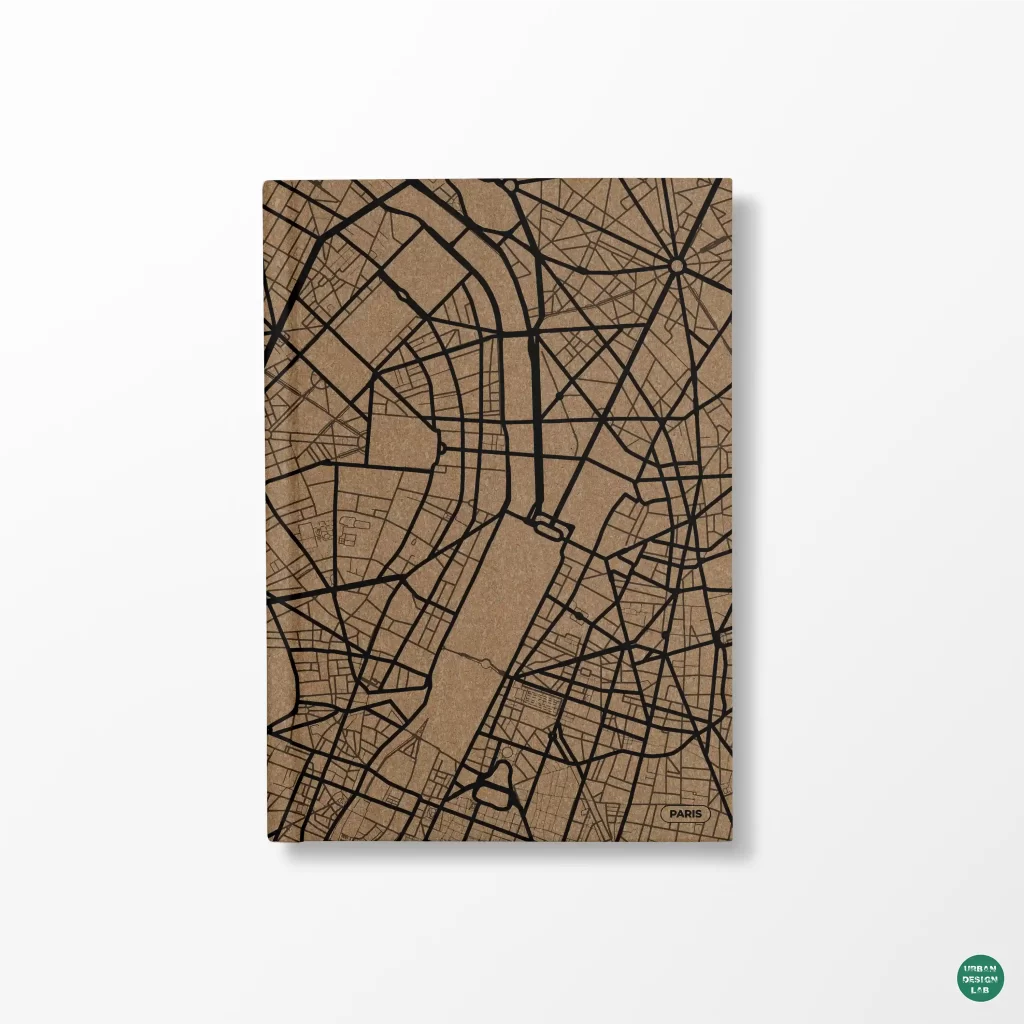
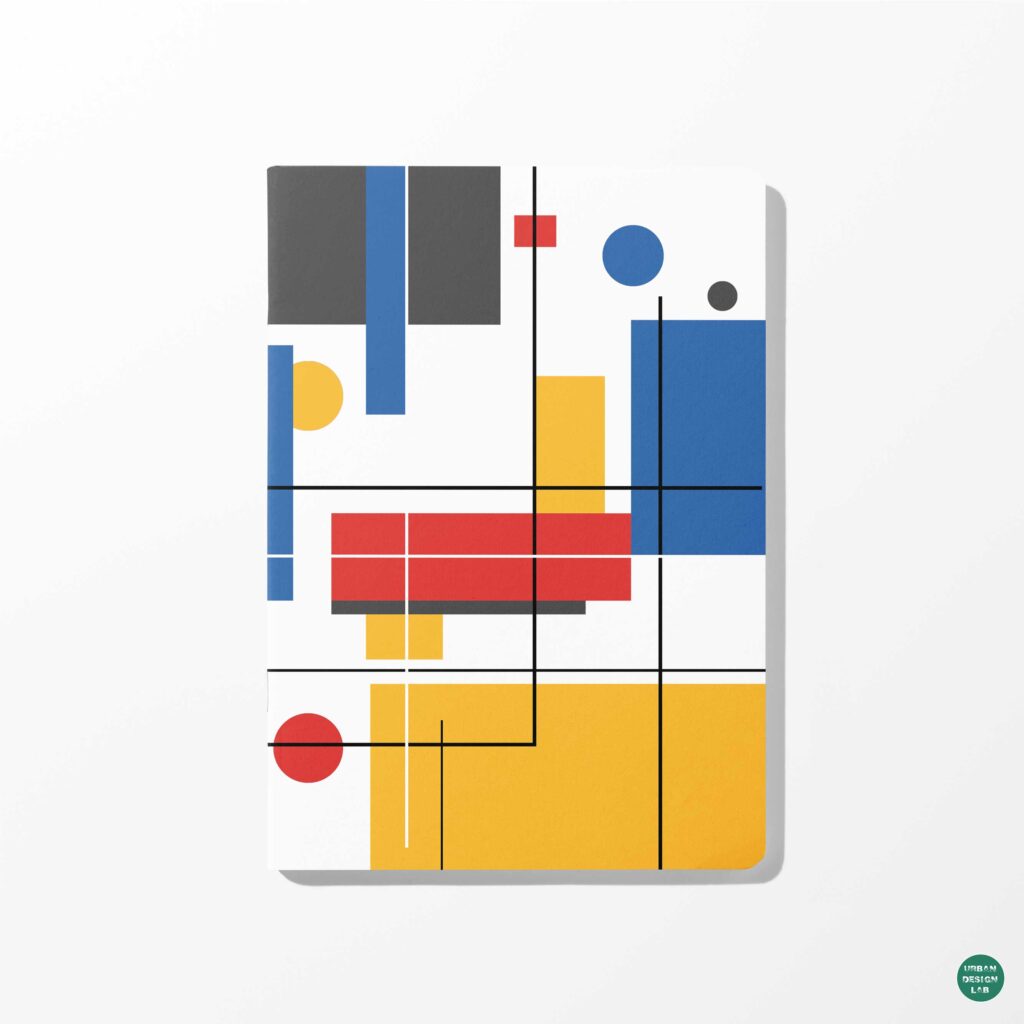

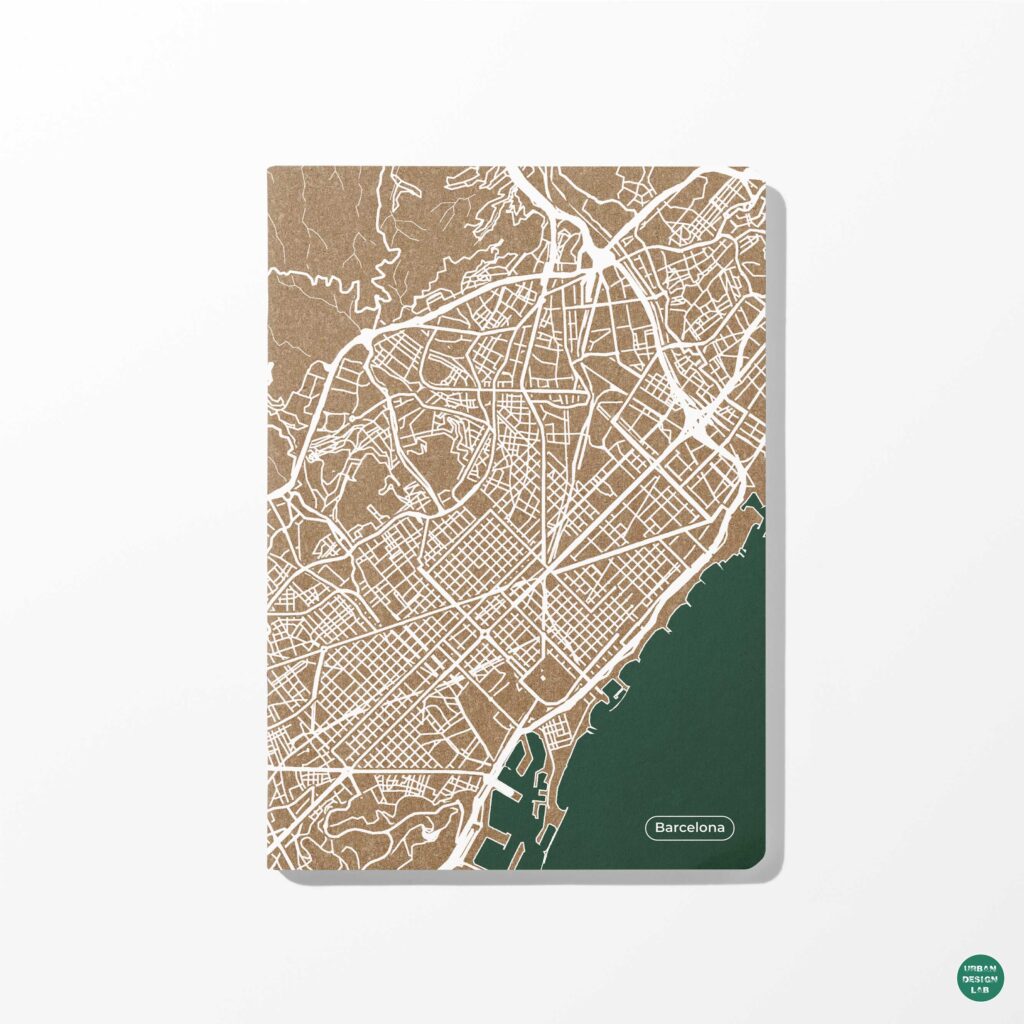
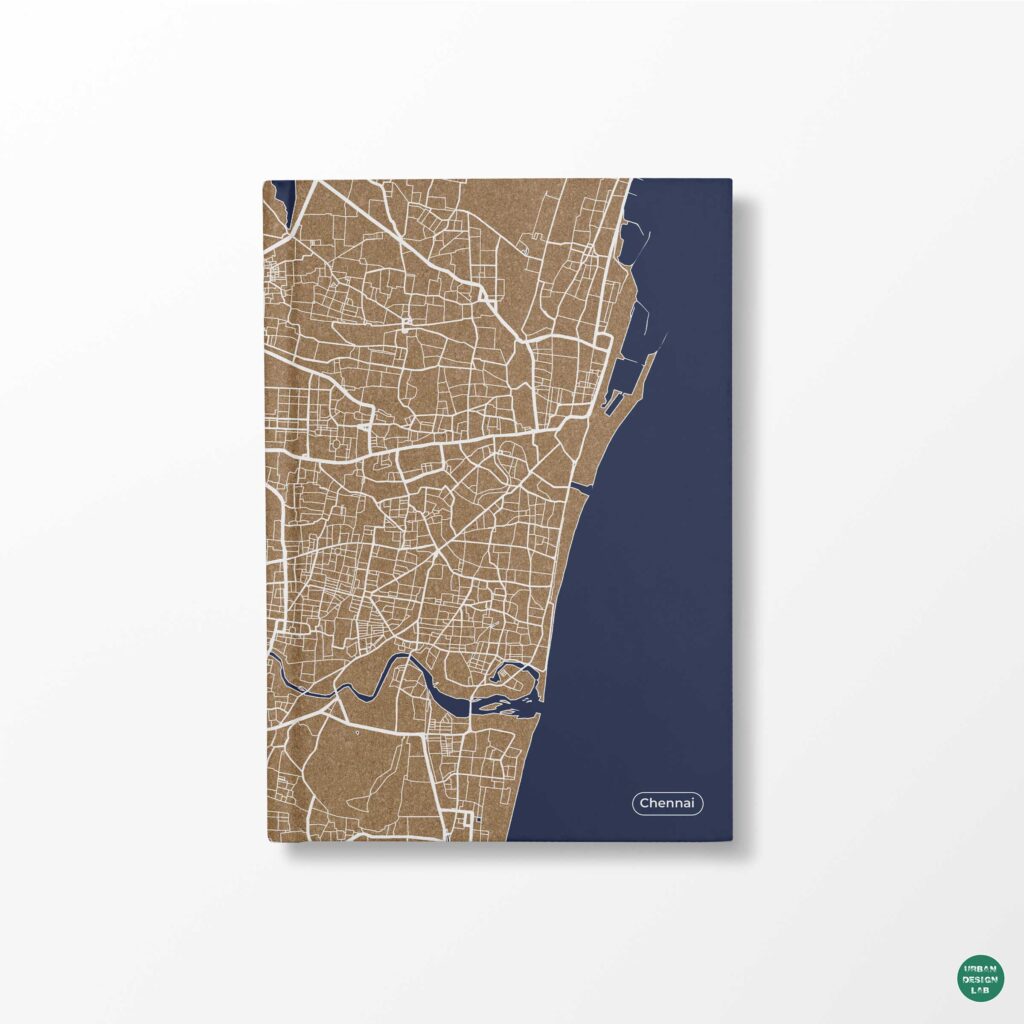
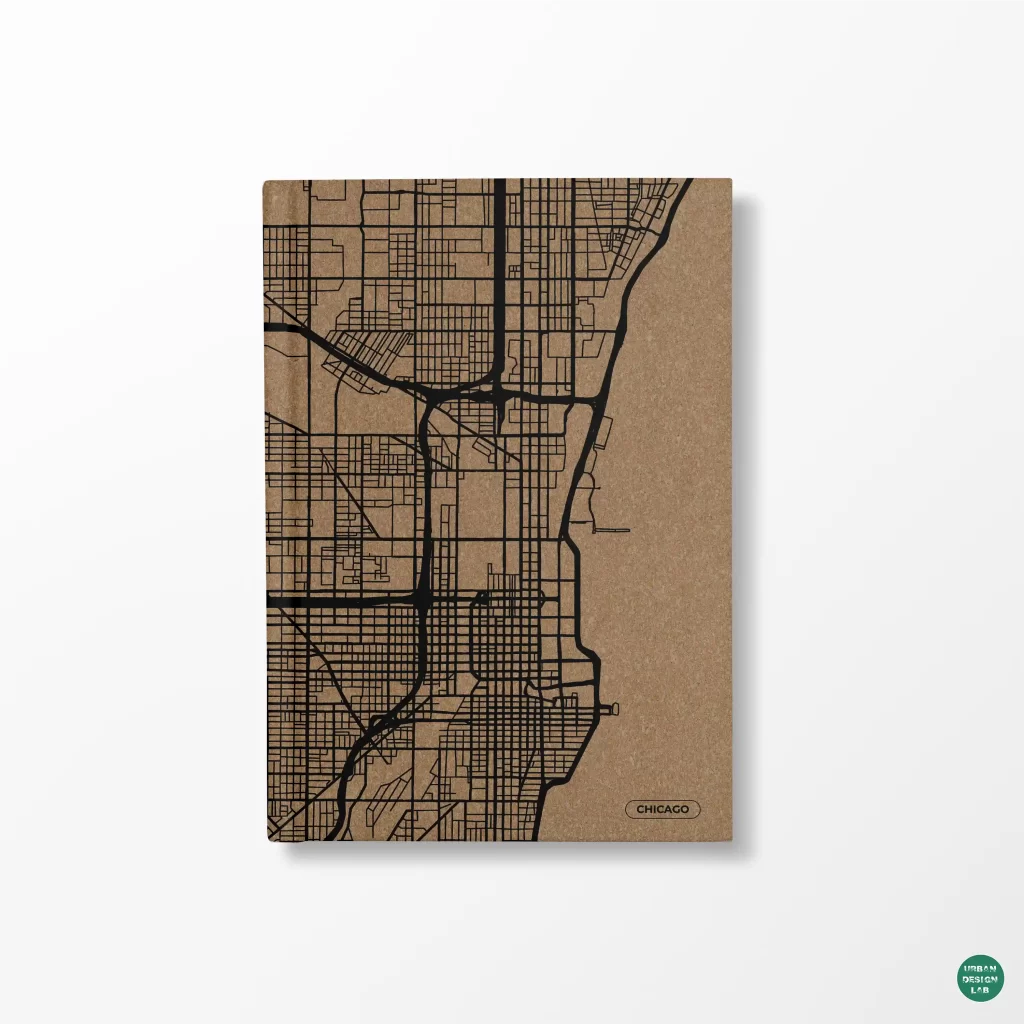
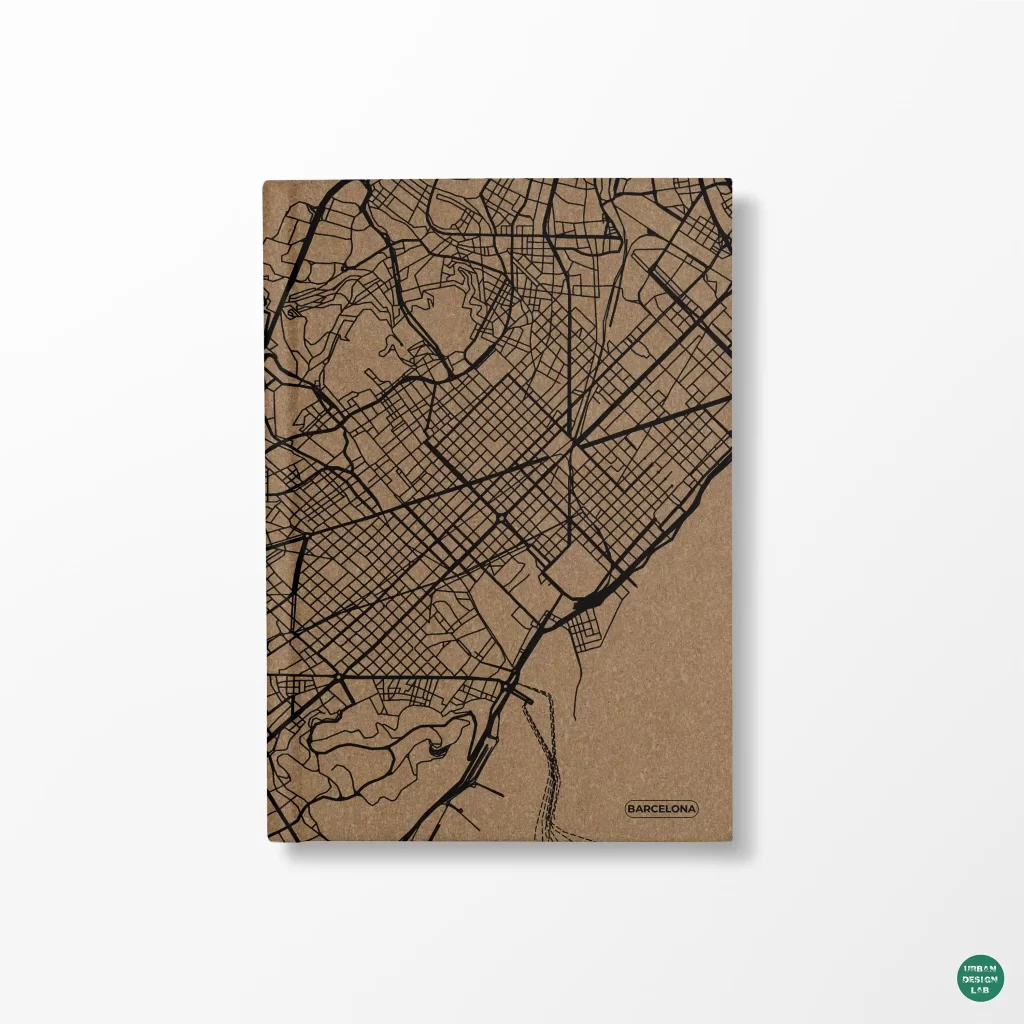
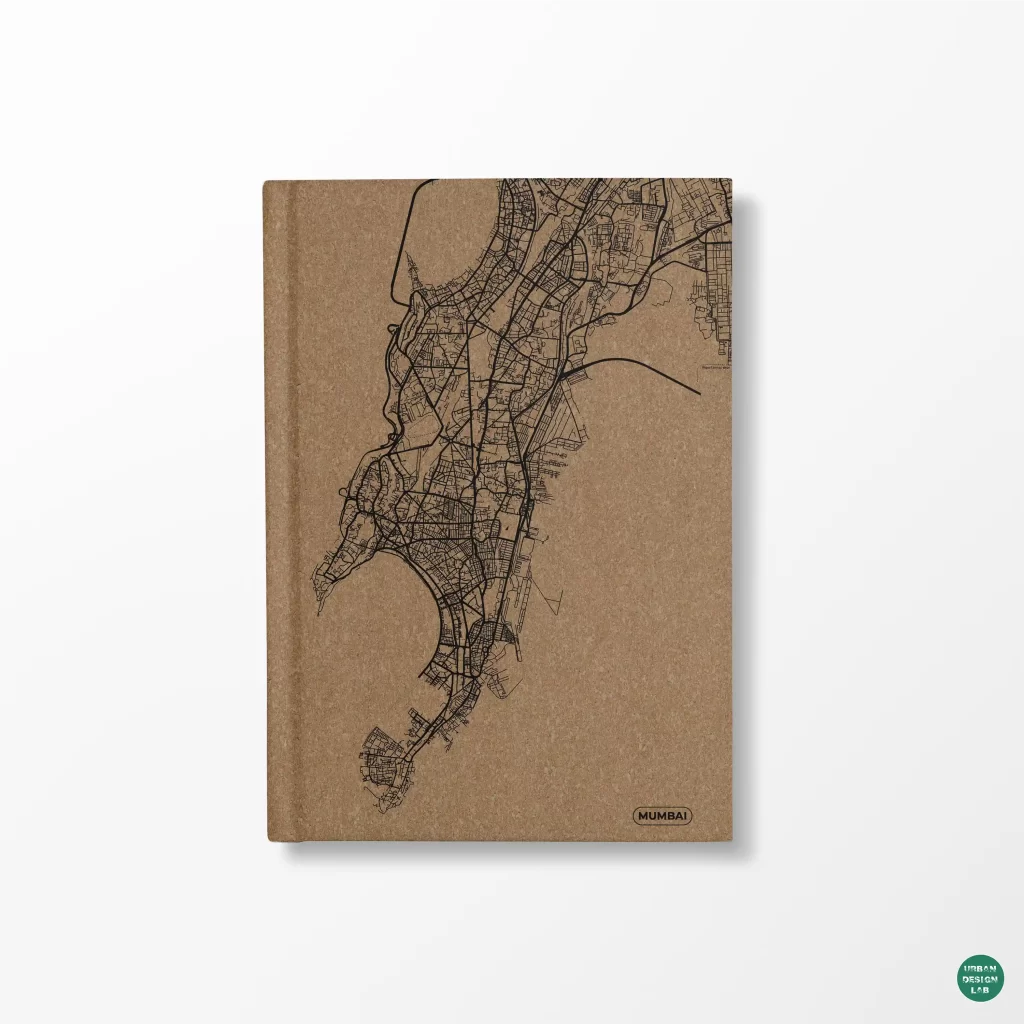

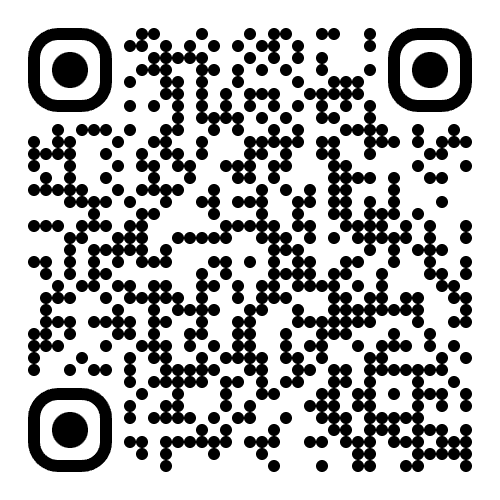

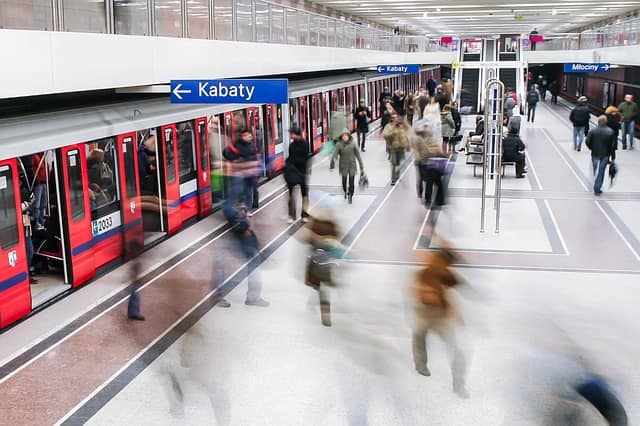

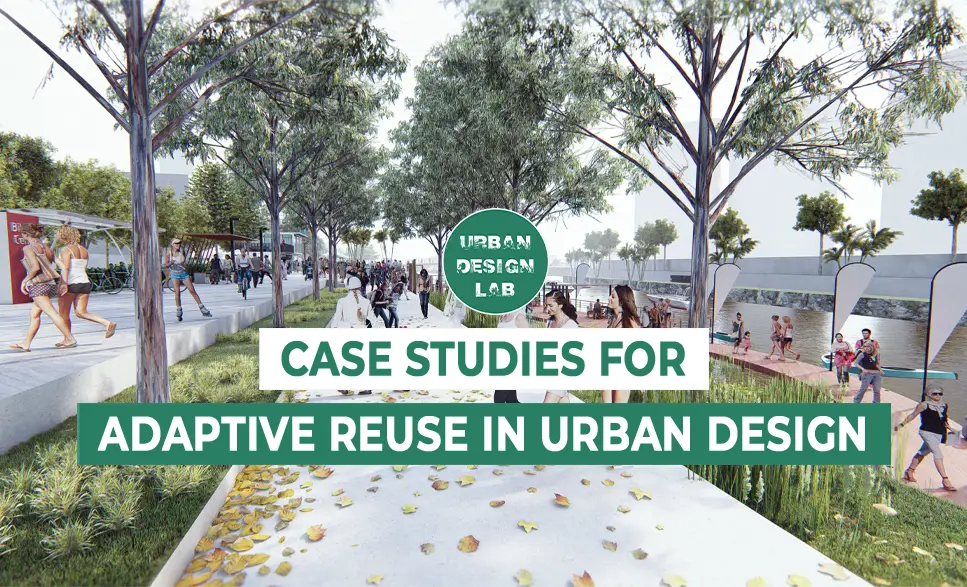
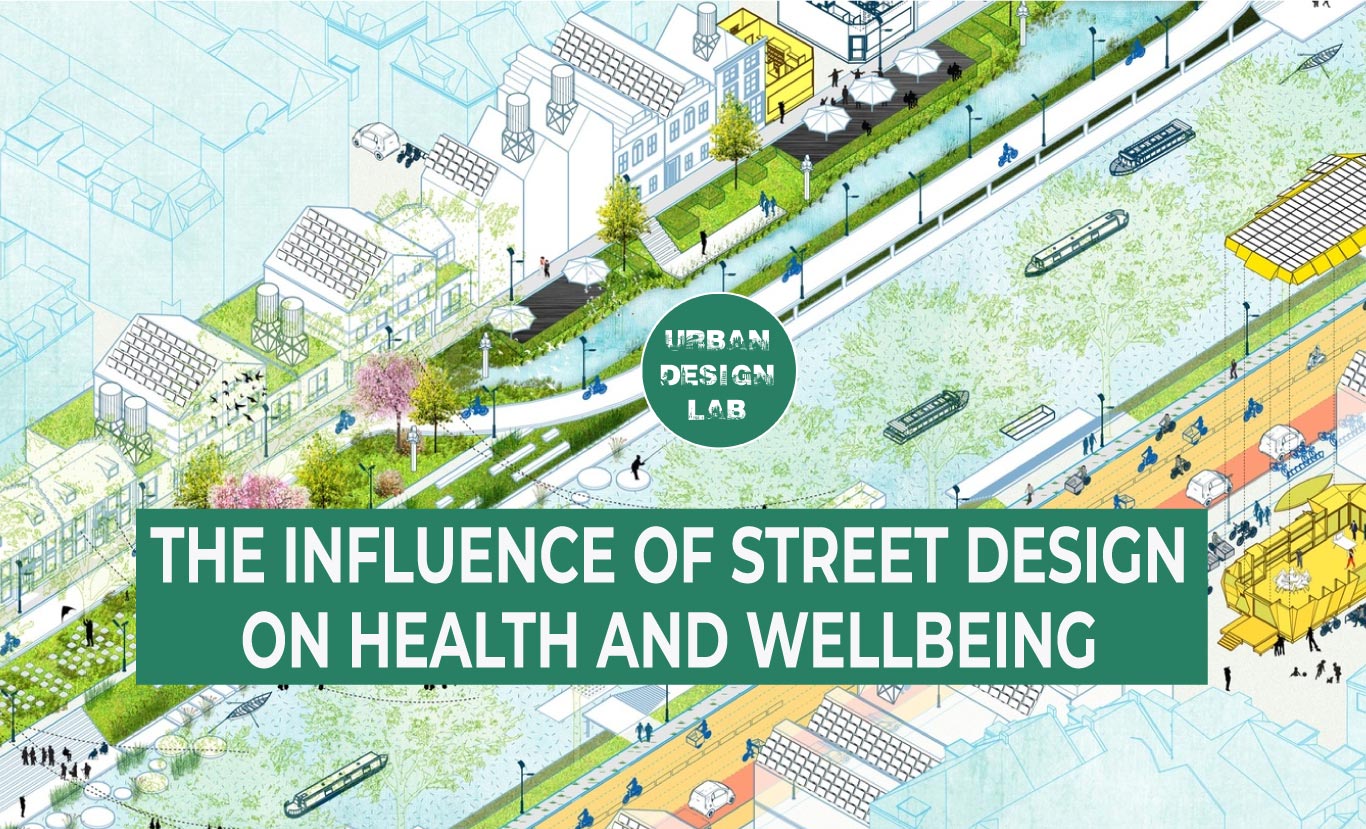

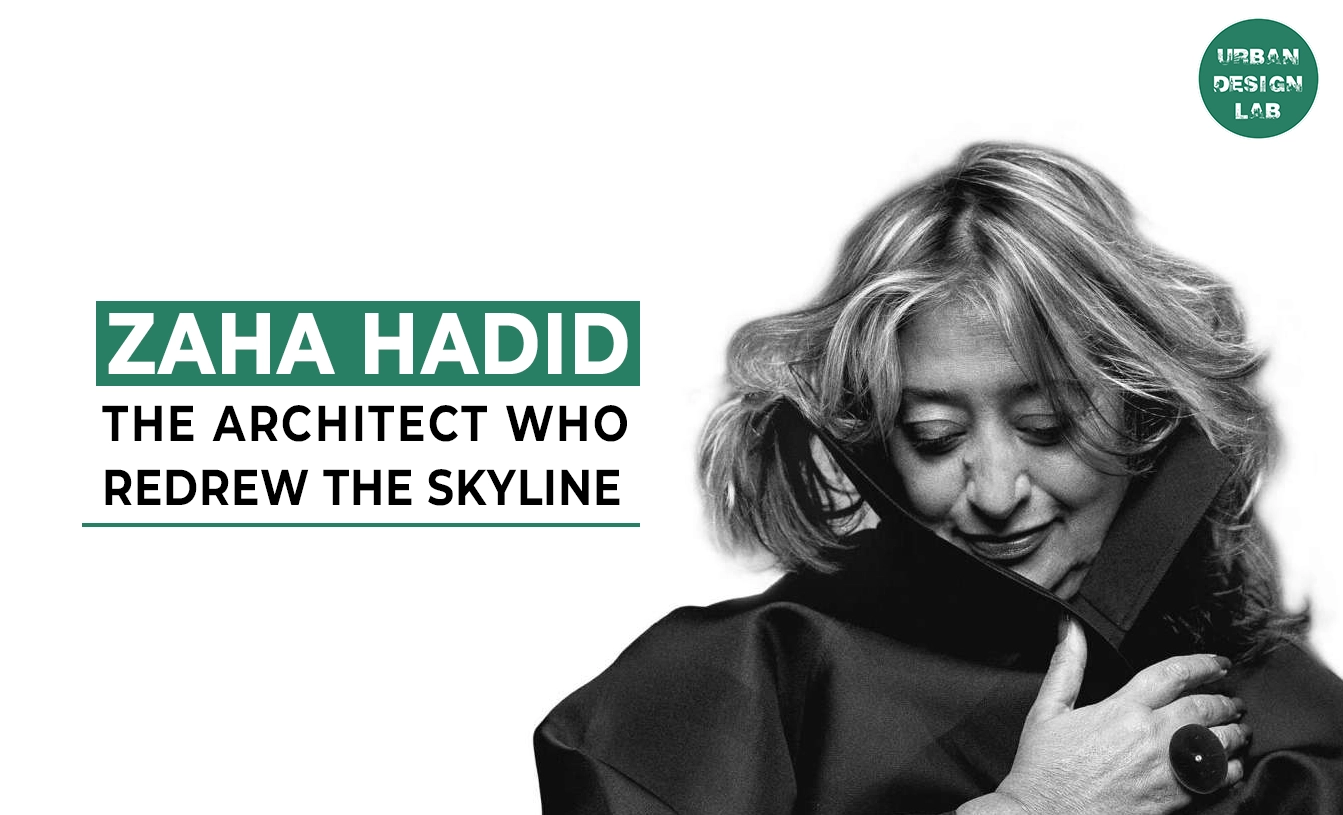

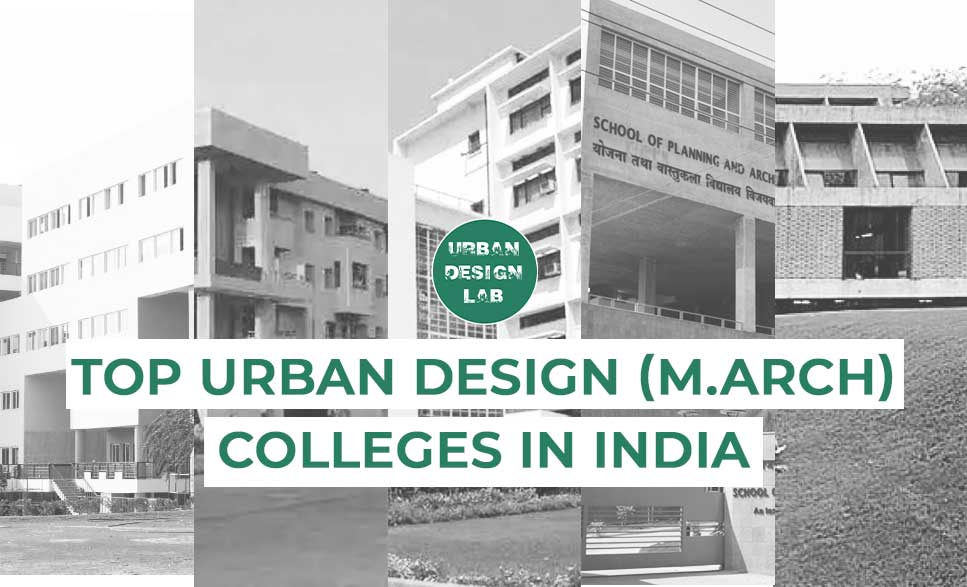

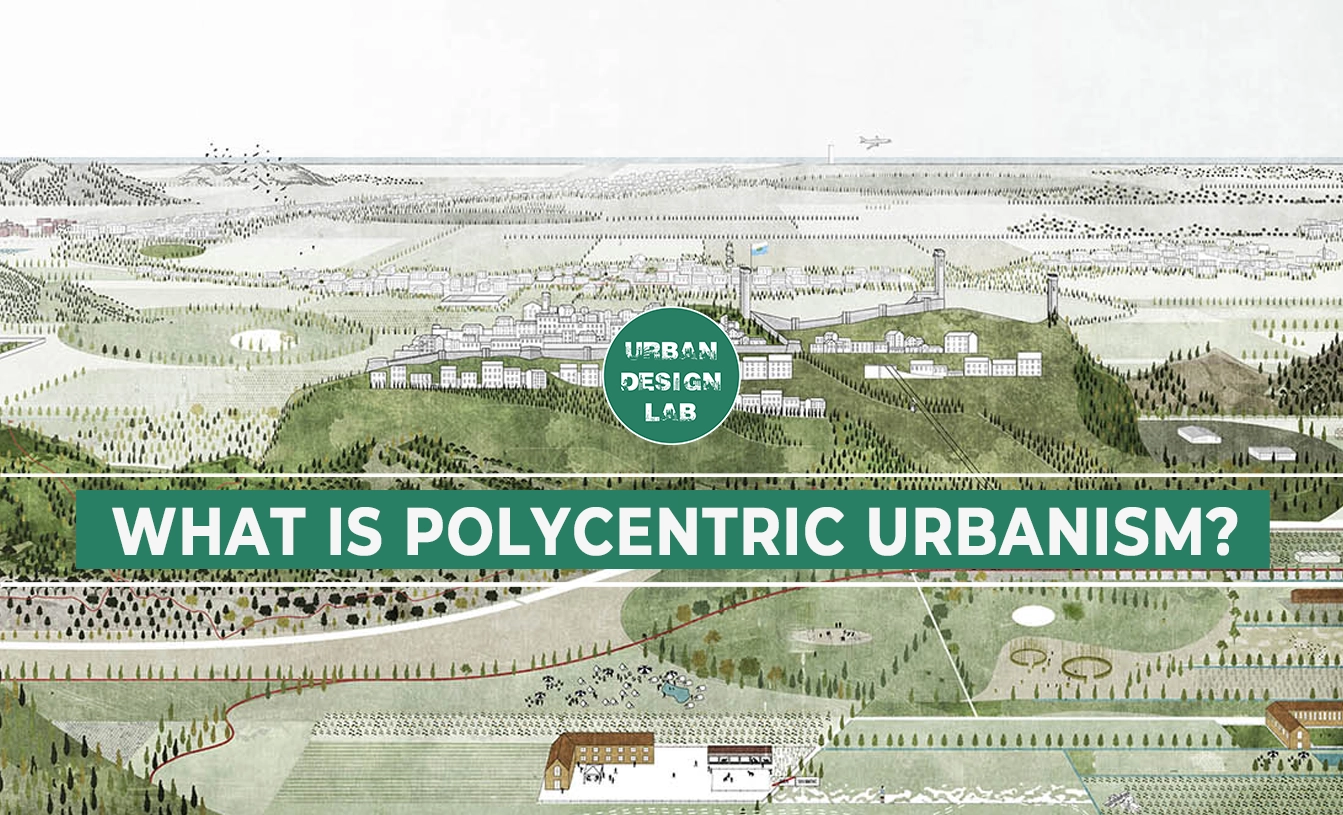



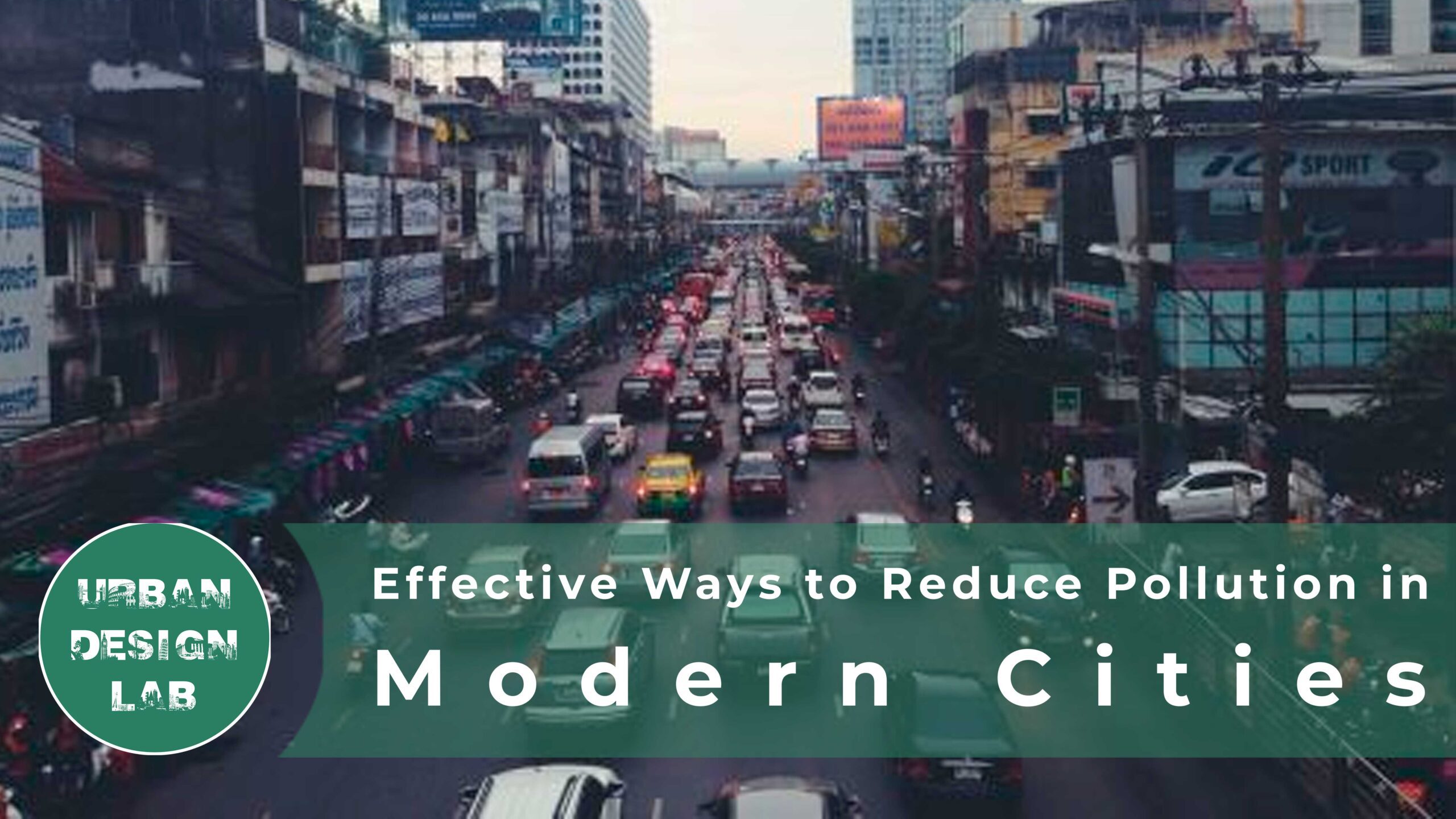


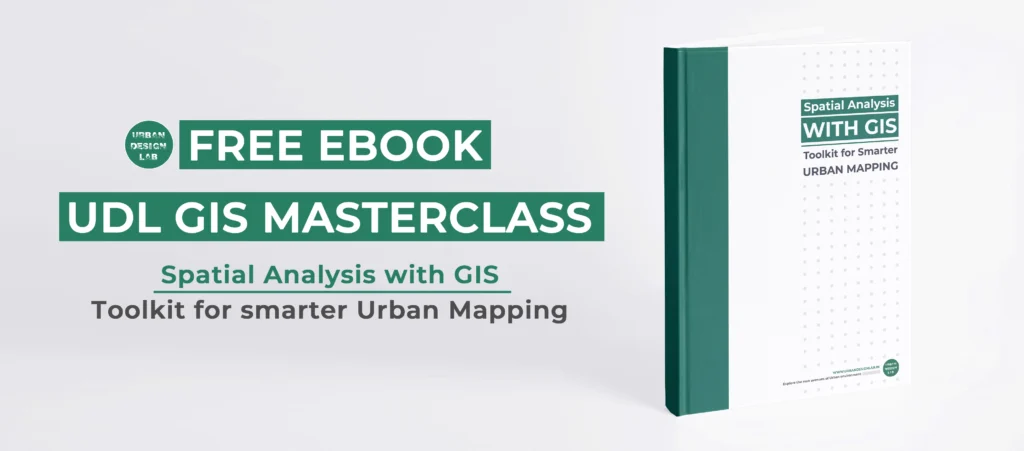

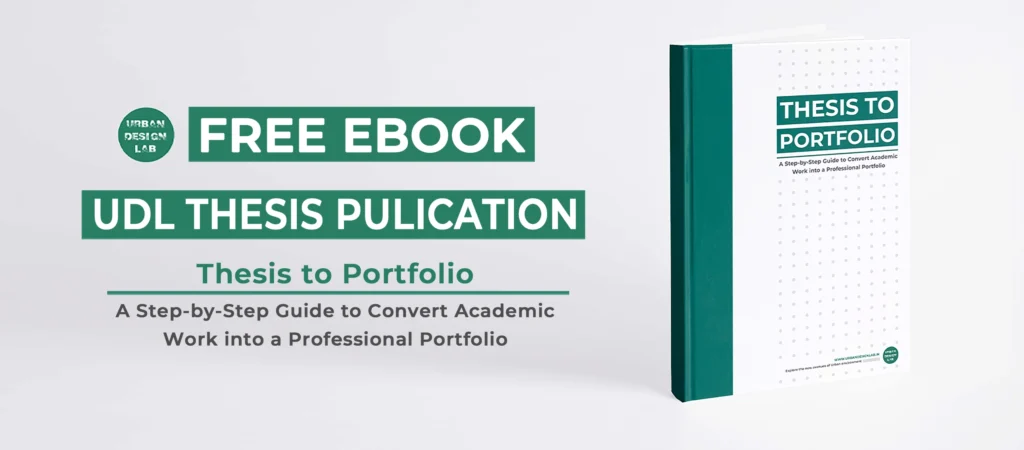
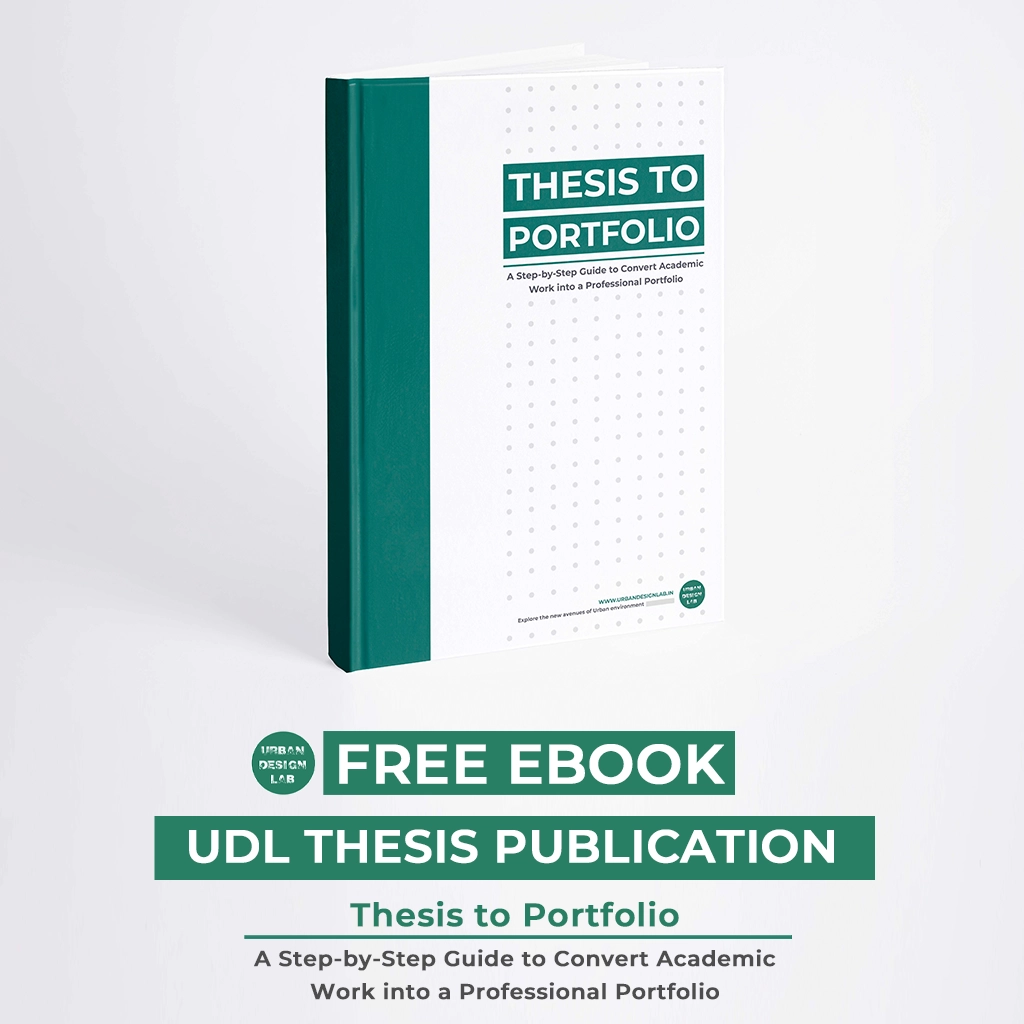
One Comment
Hi.
Very well written article. I would like to publish in our upcoming newspaper/ website named ” The architecture and planning news” If interested pls contact theapnewspaper@gmail.com
Editor
The Architecture and Planning news